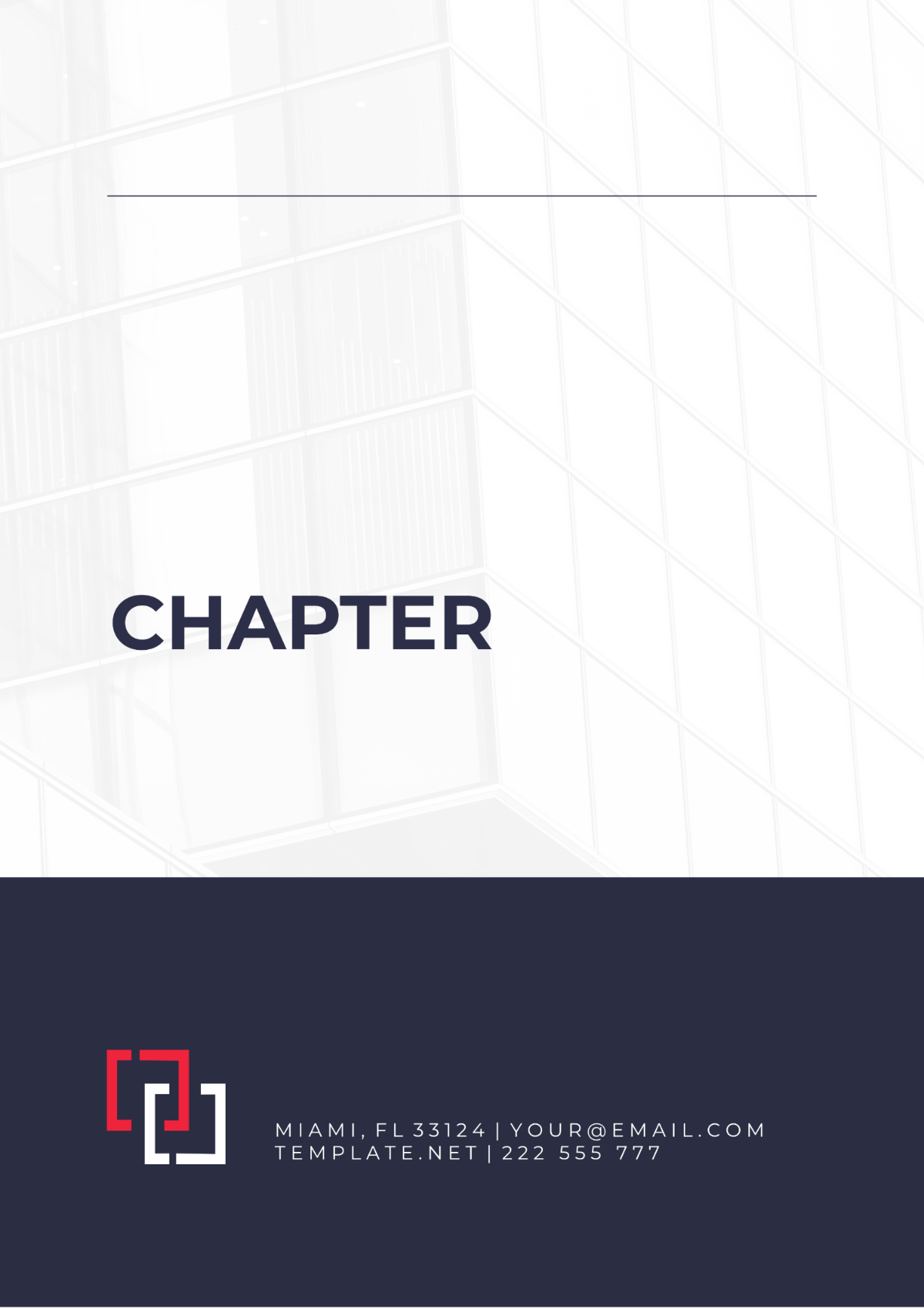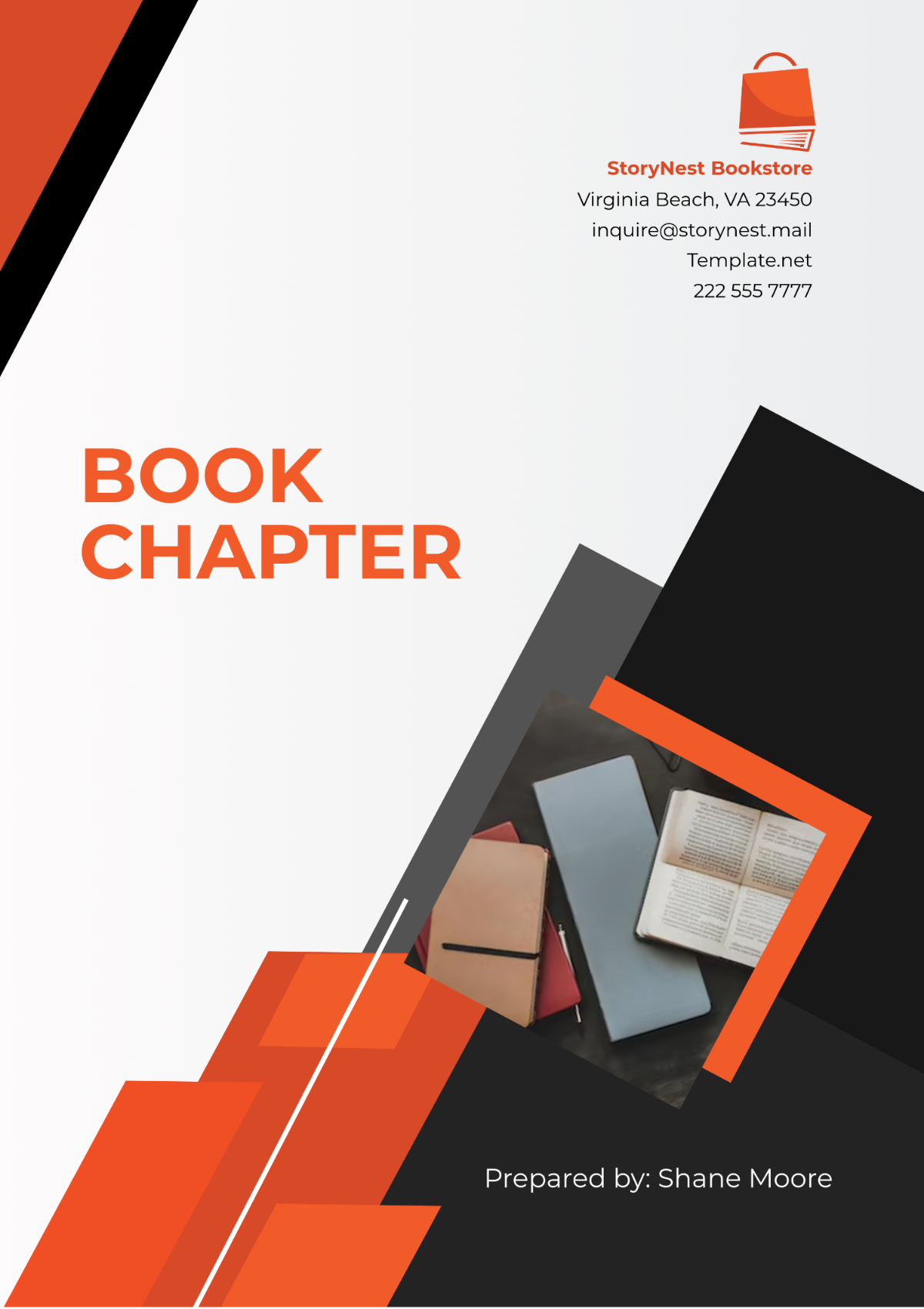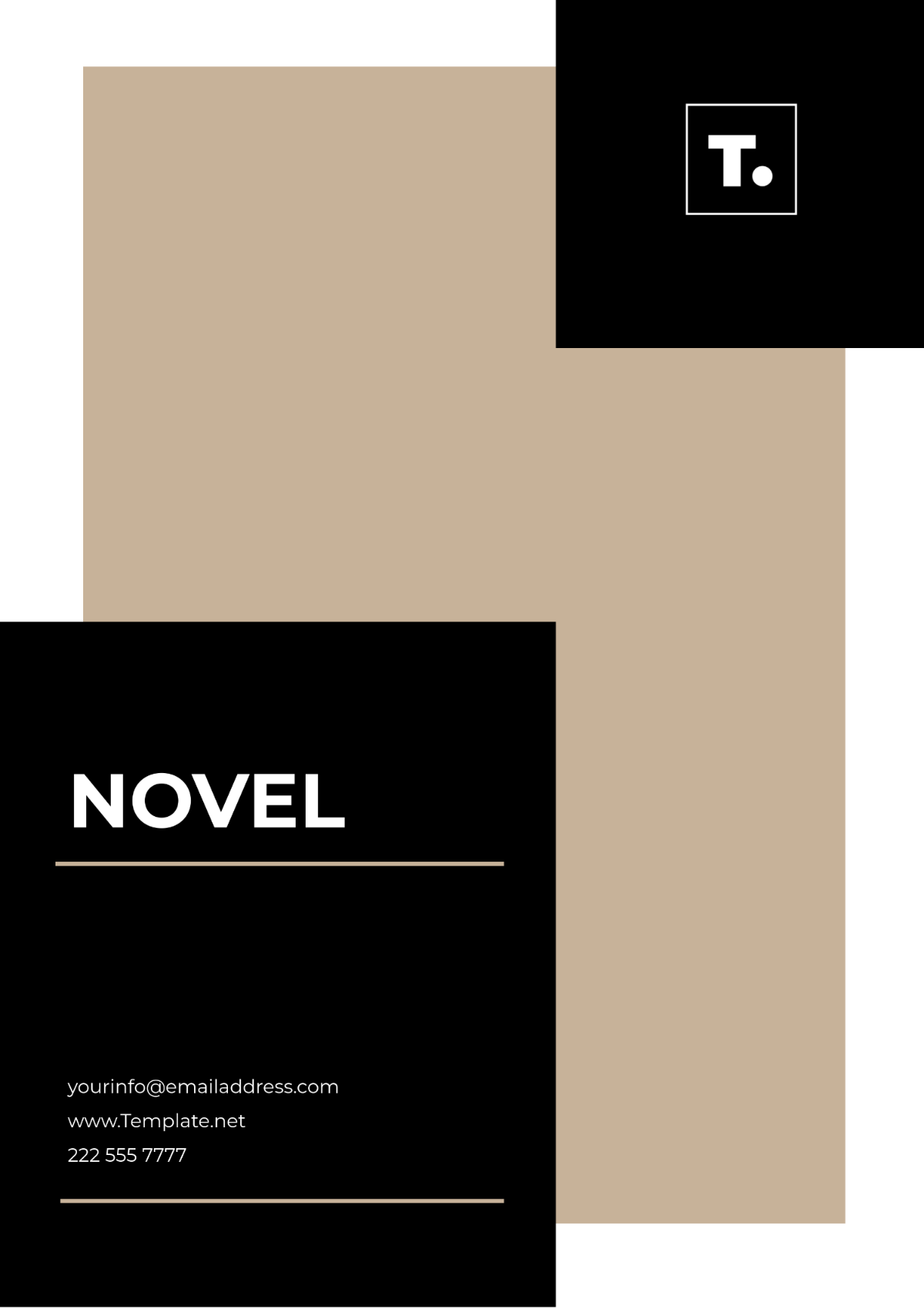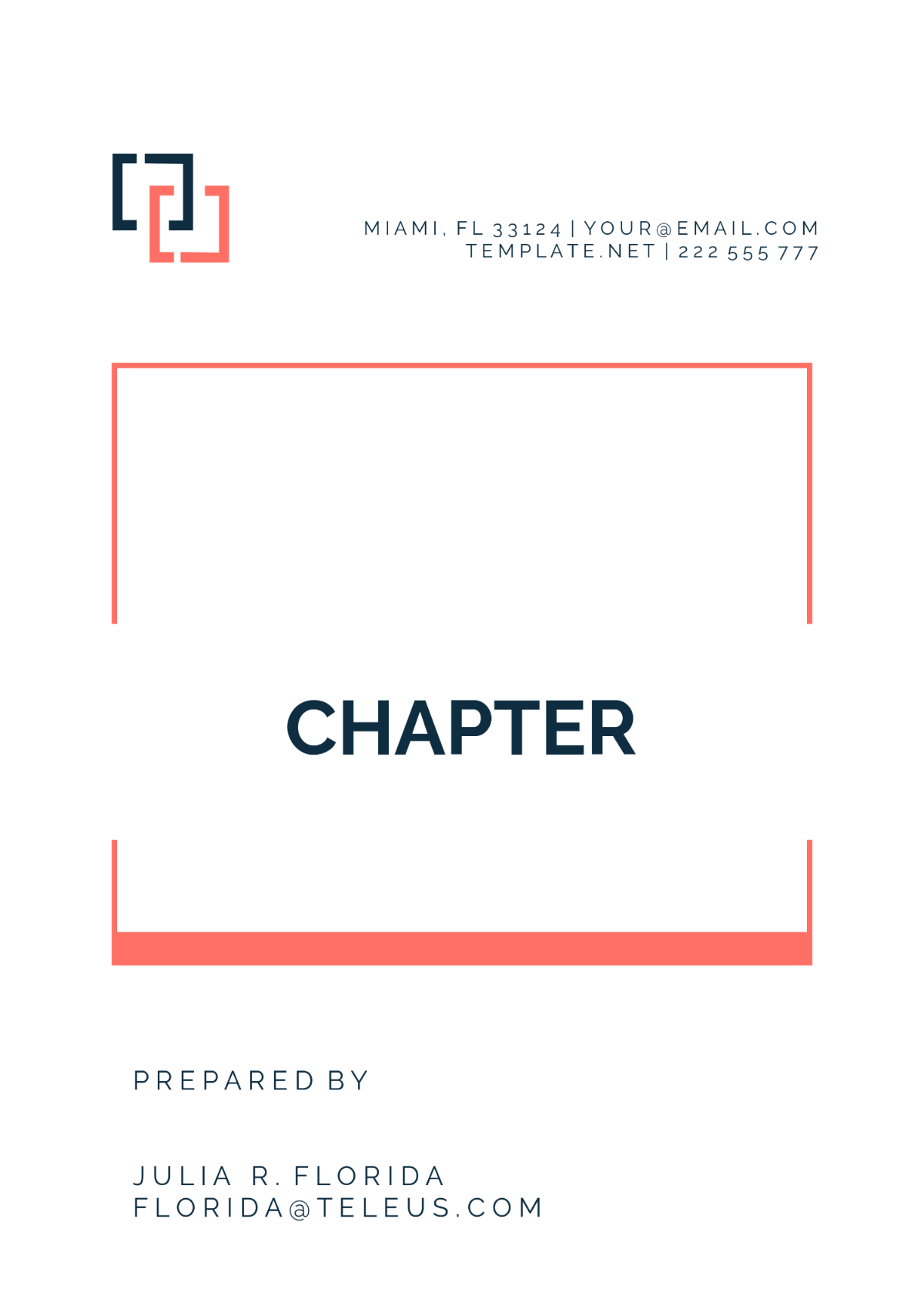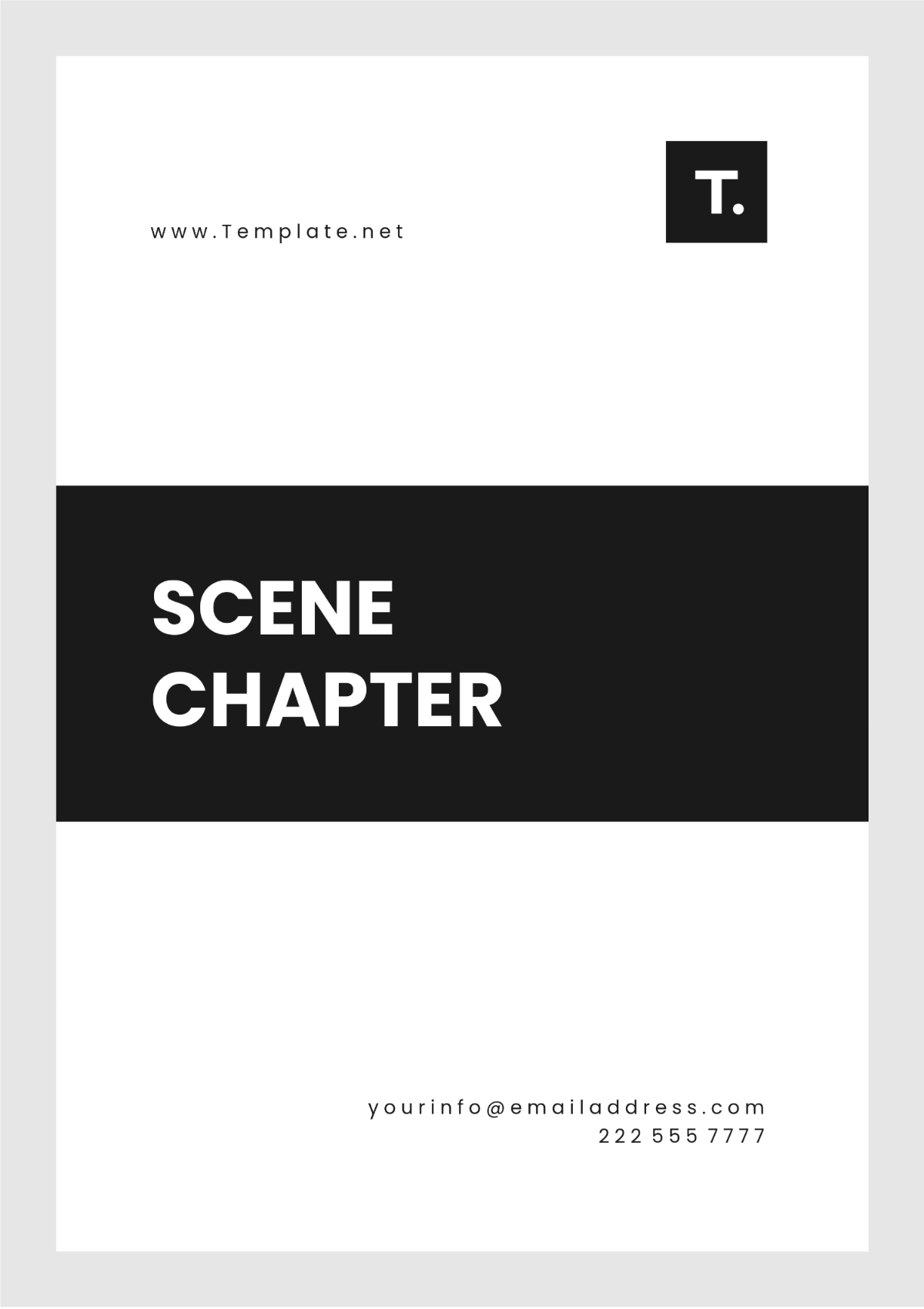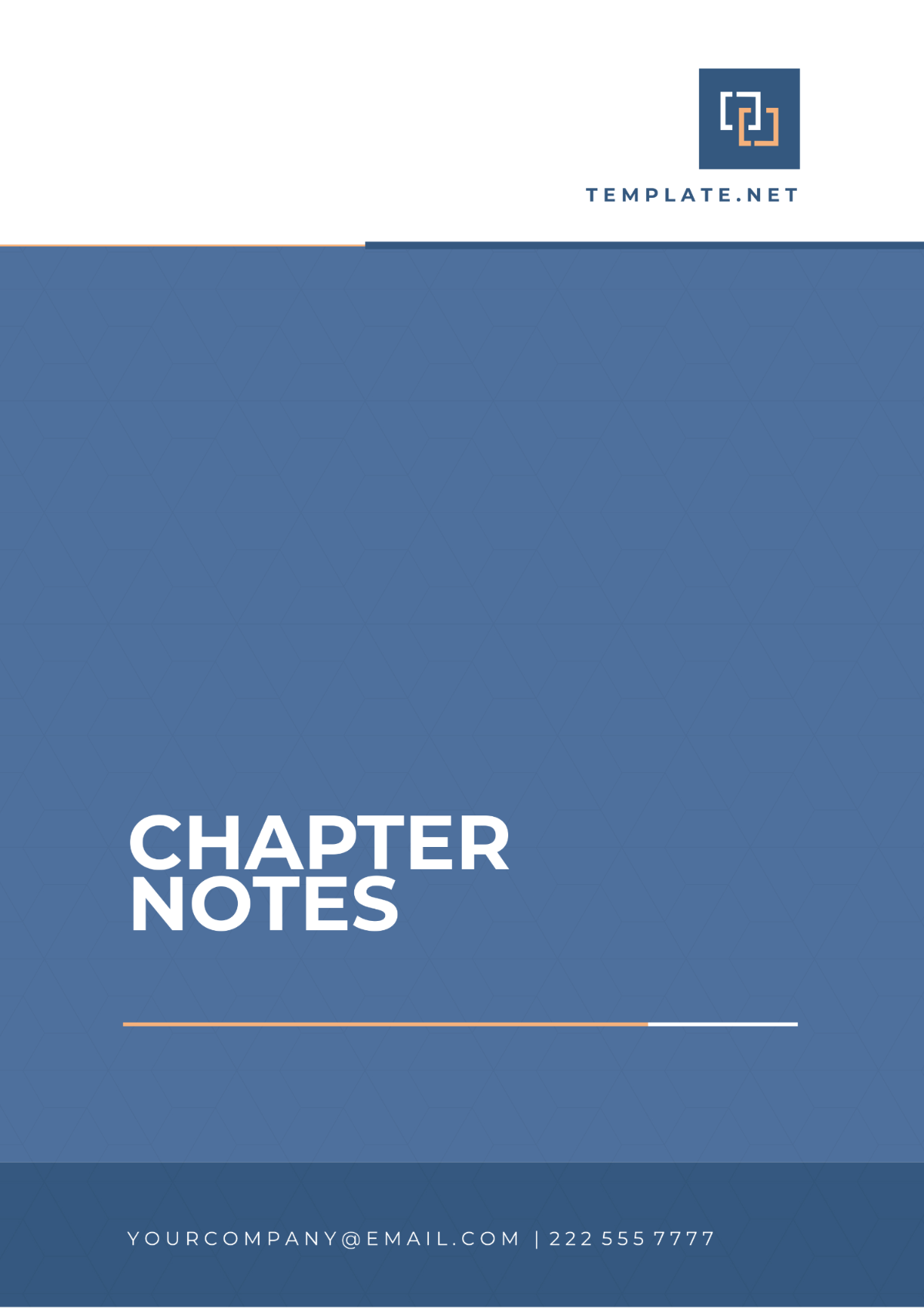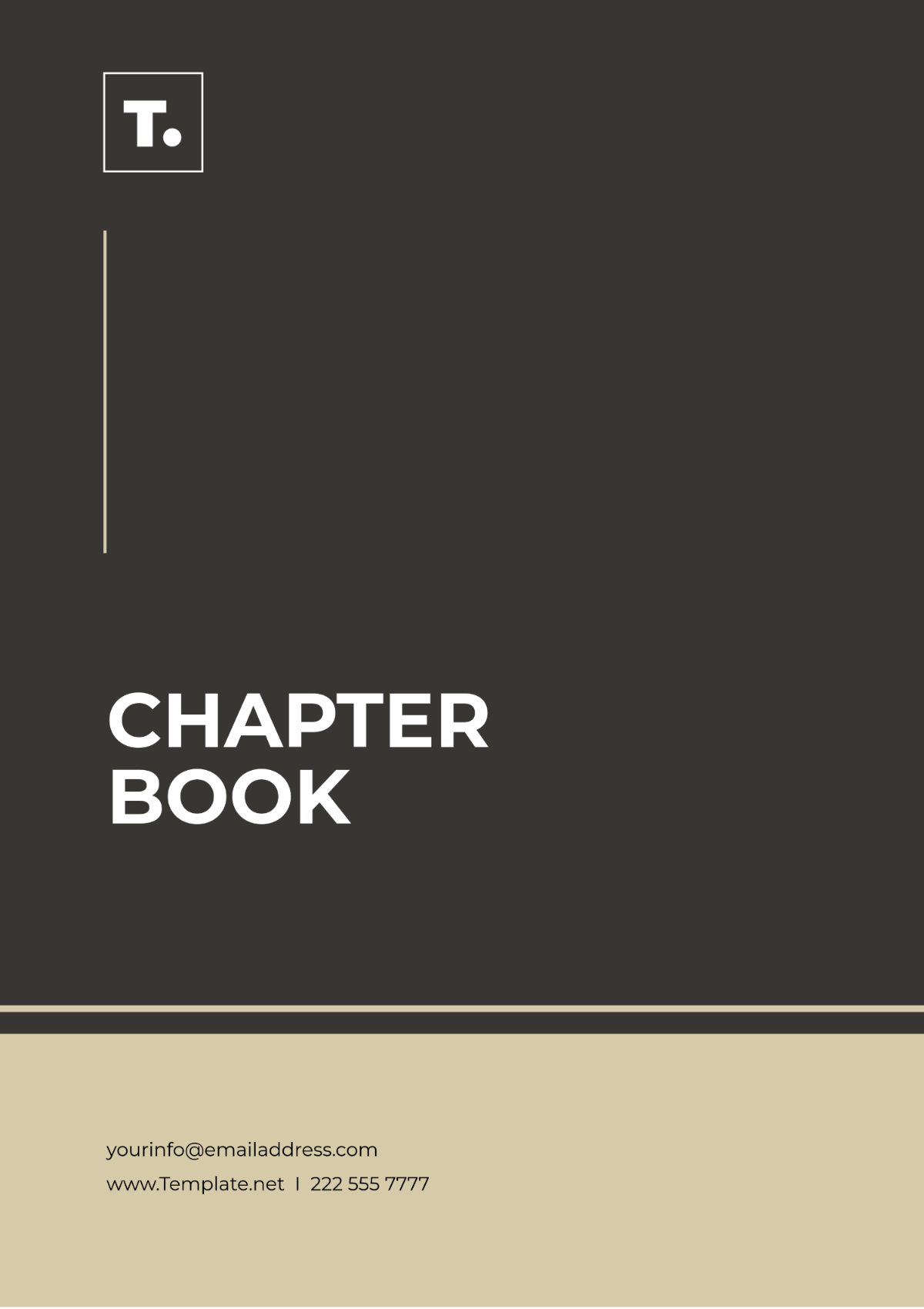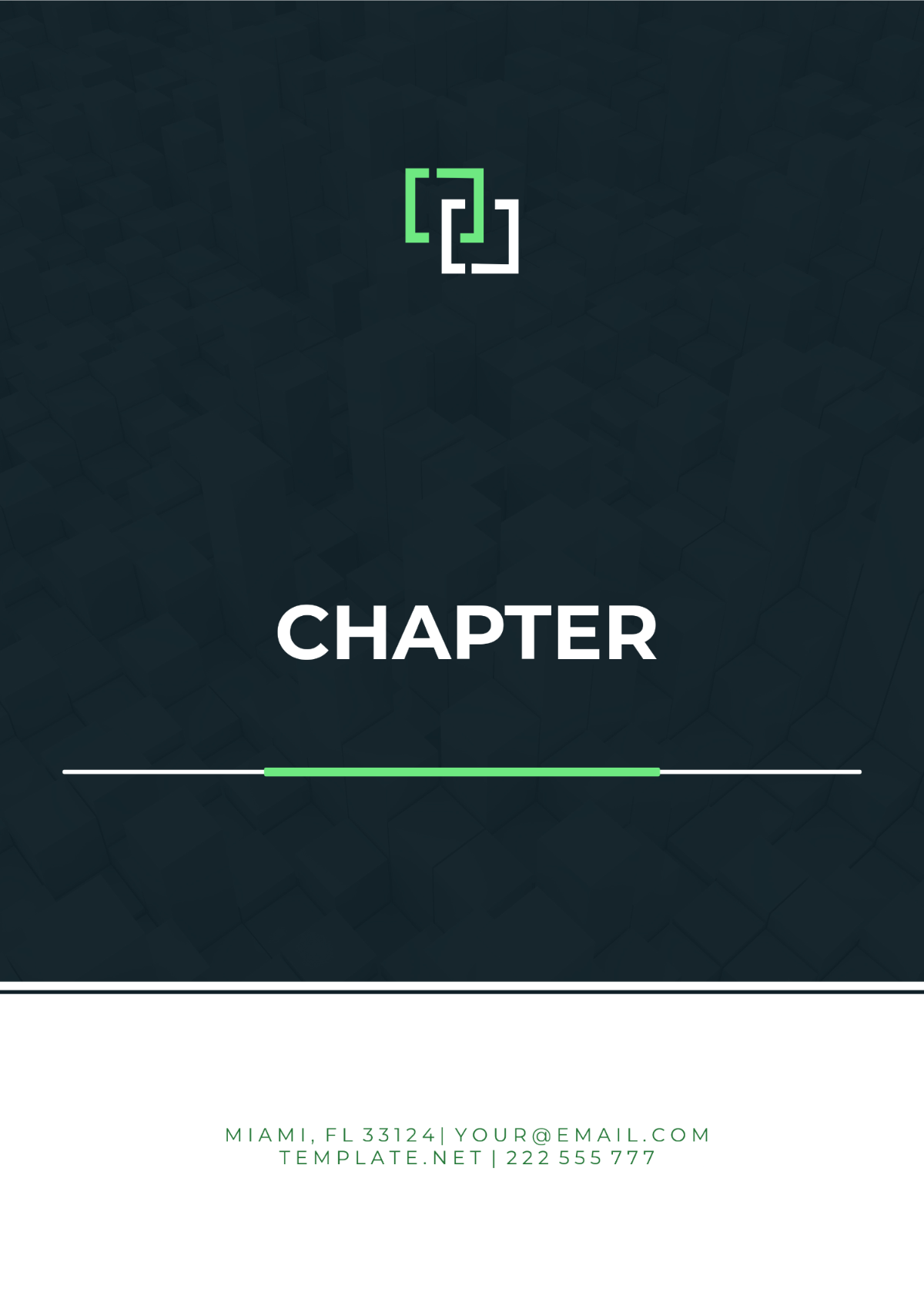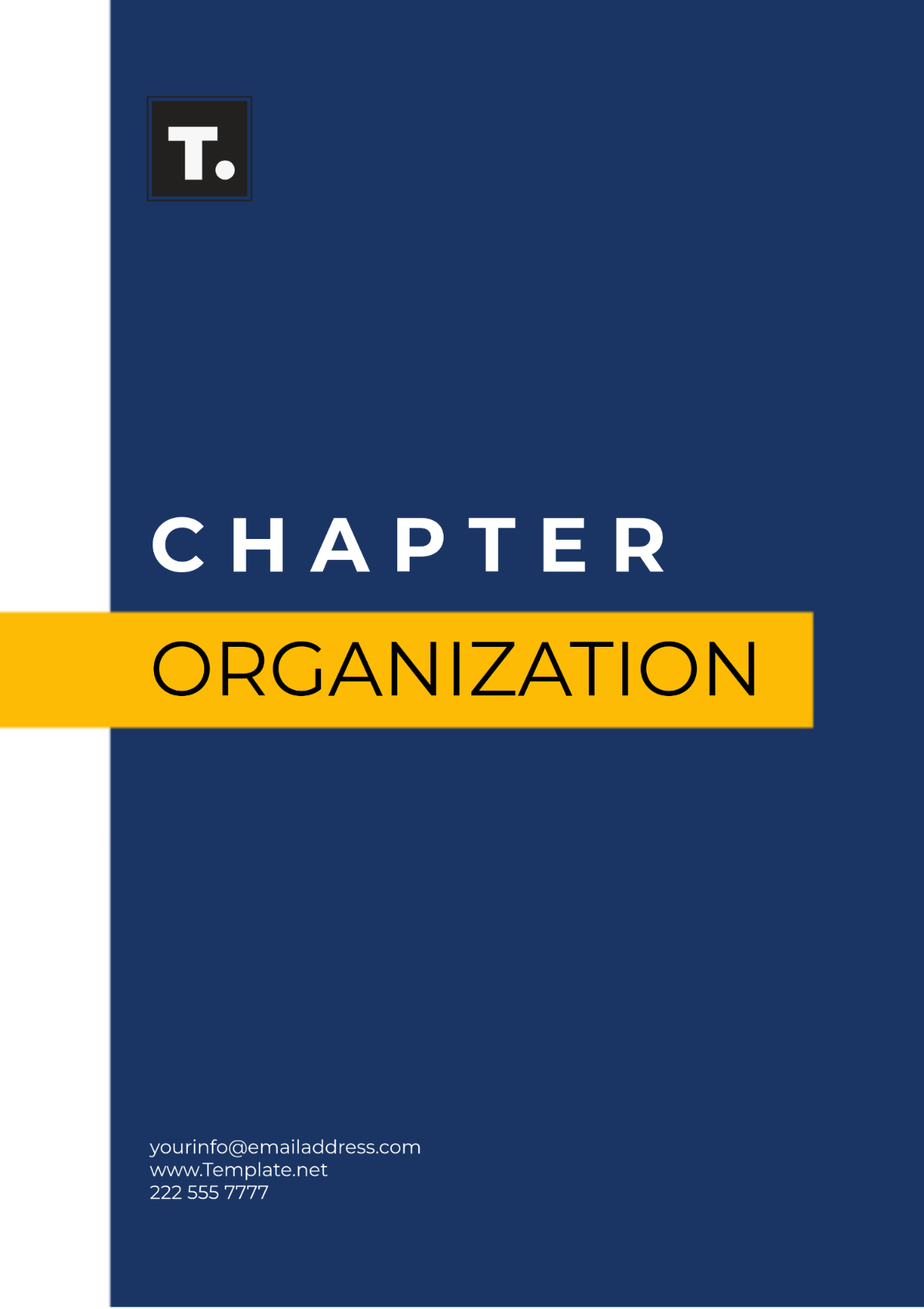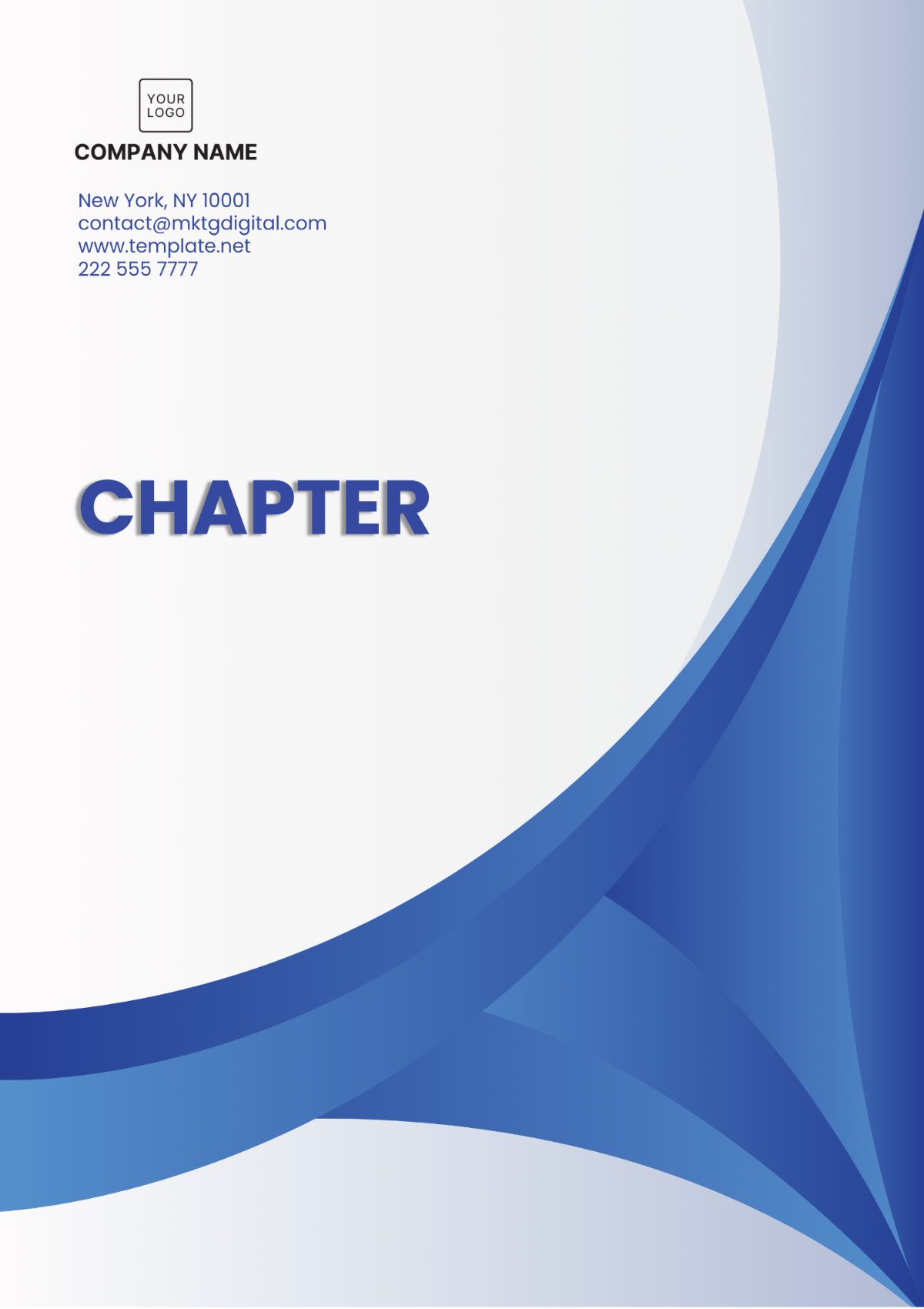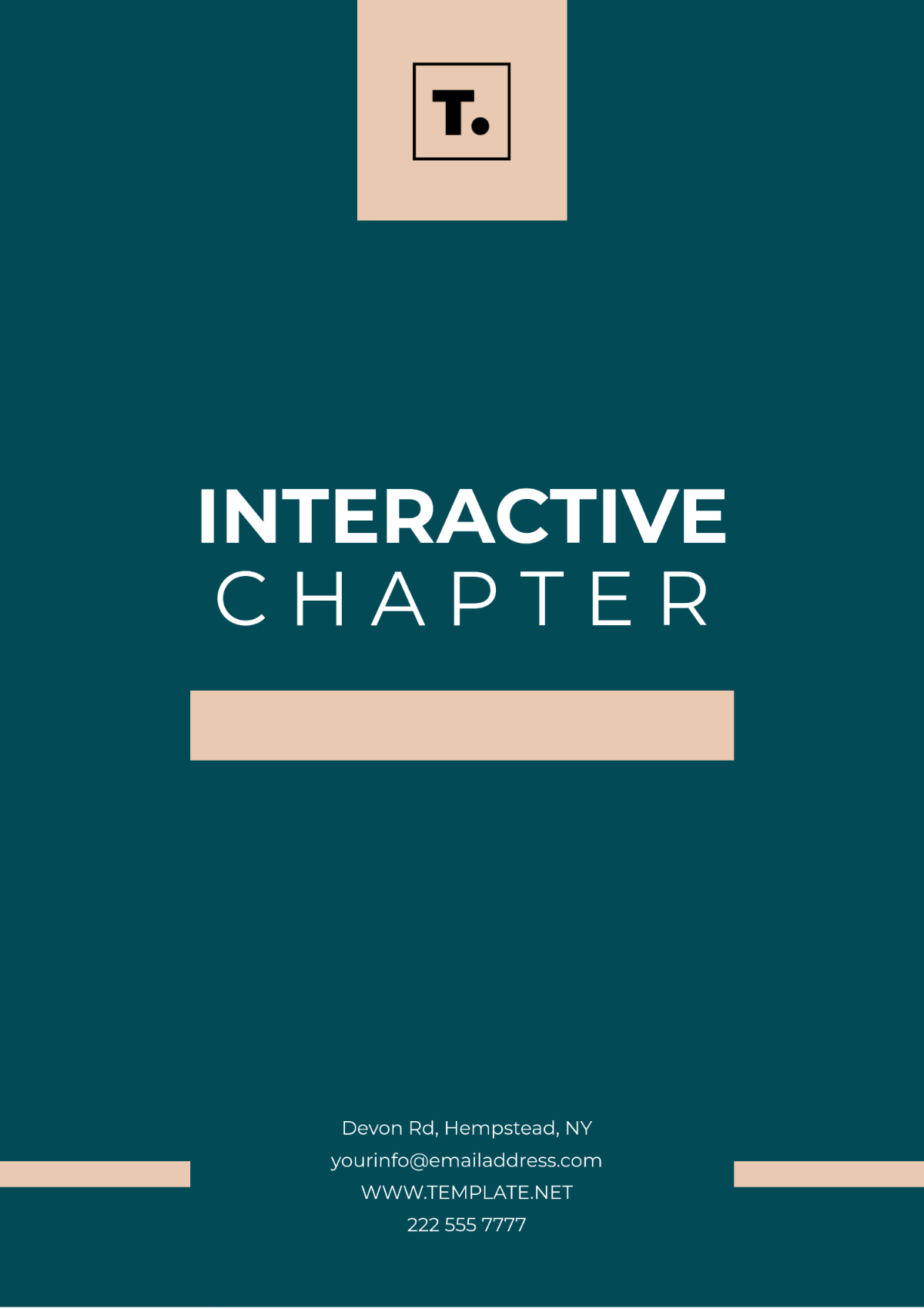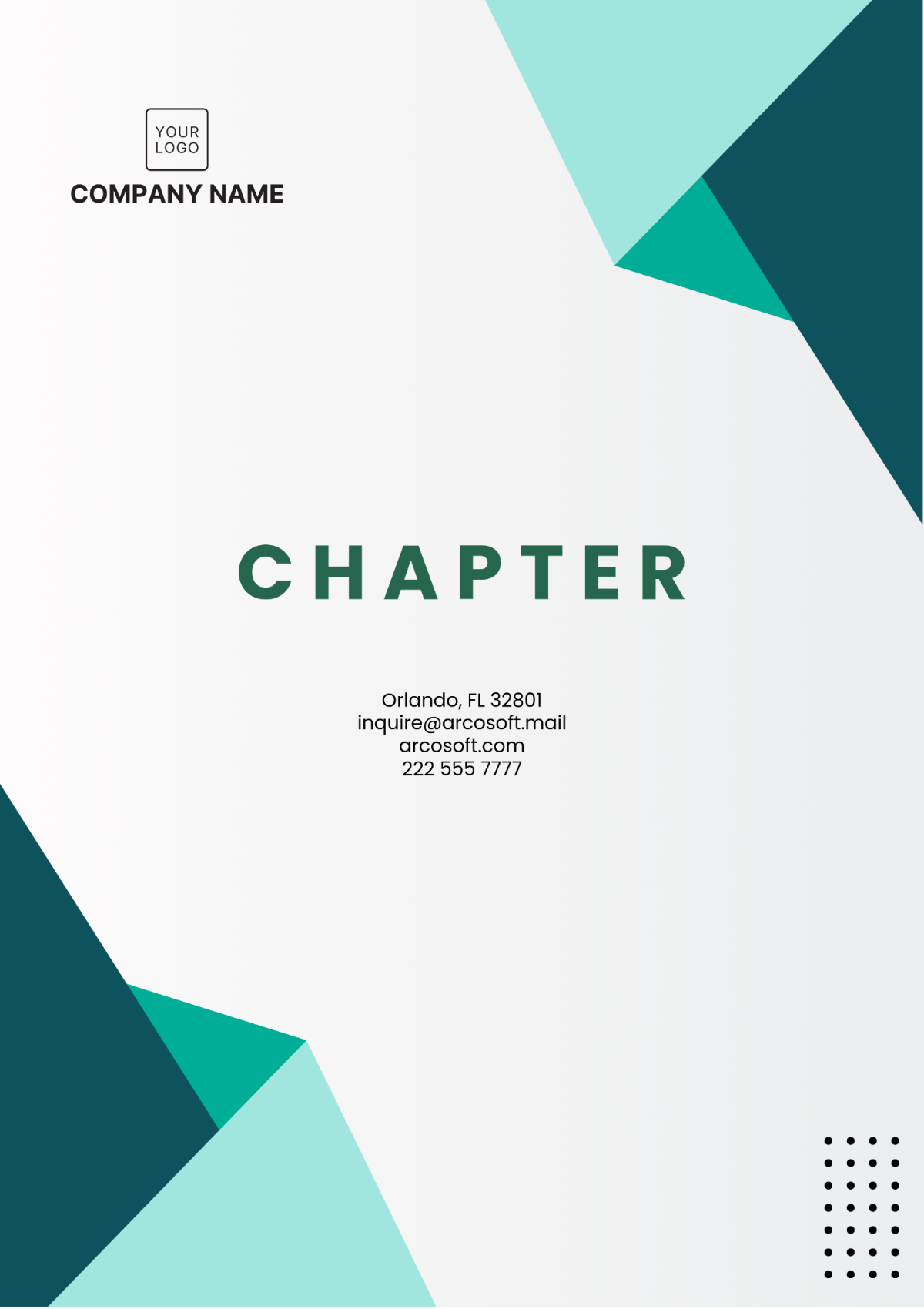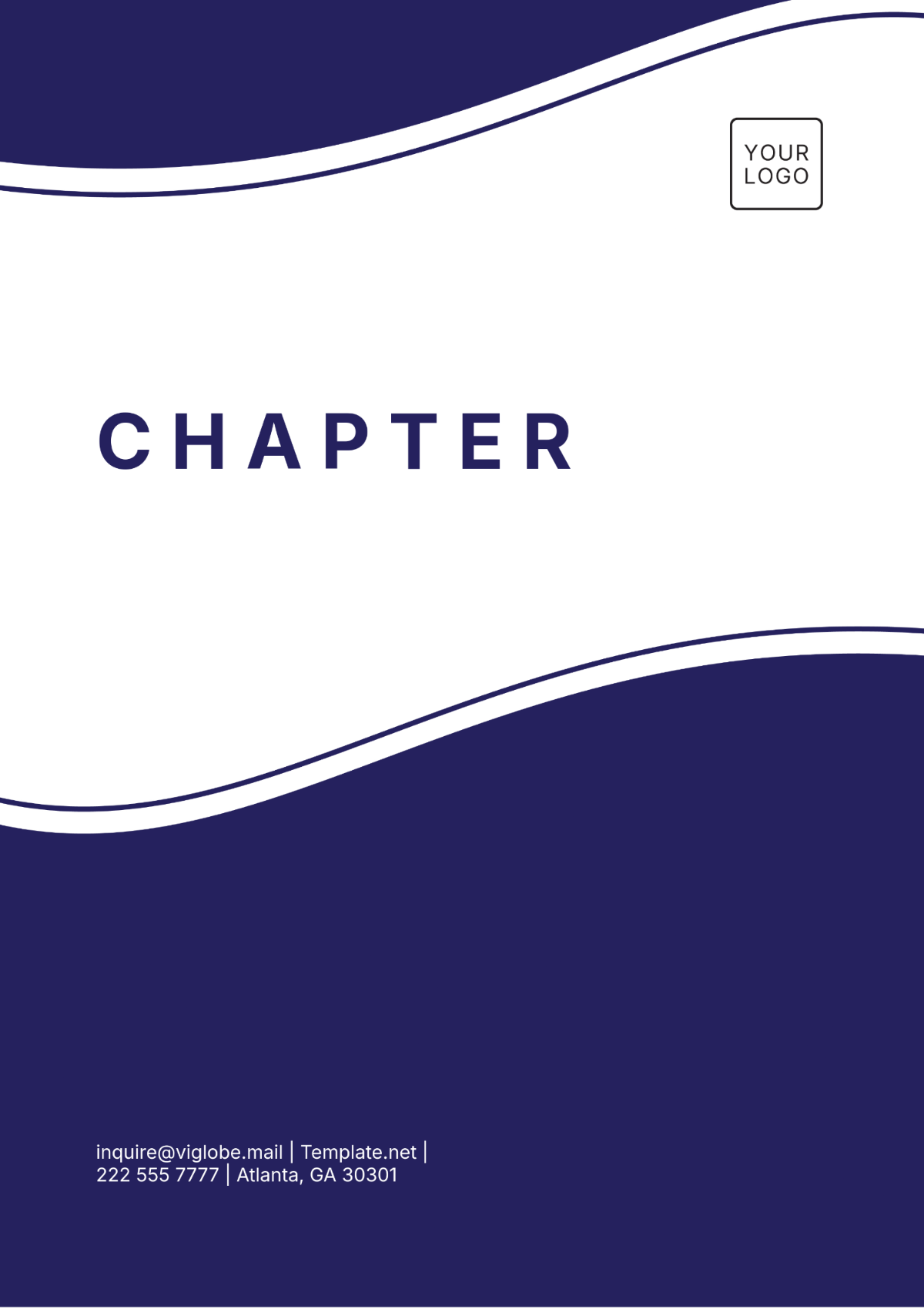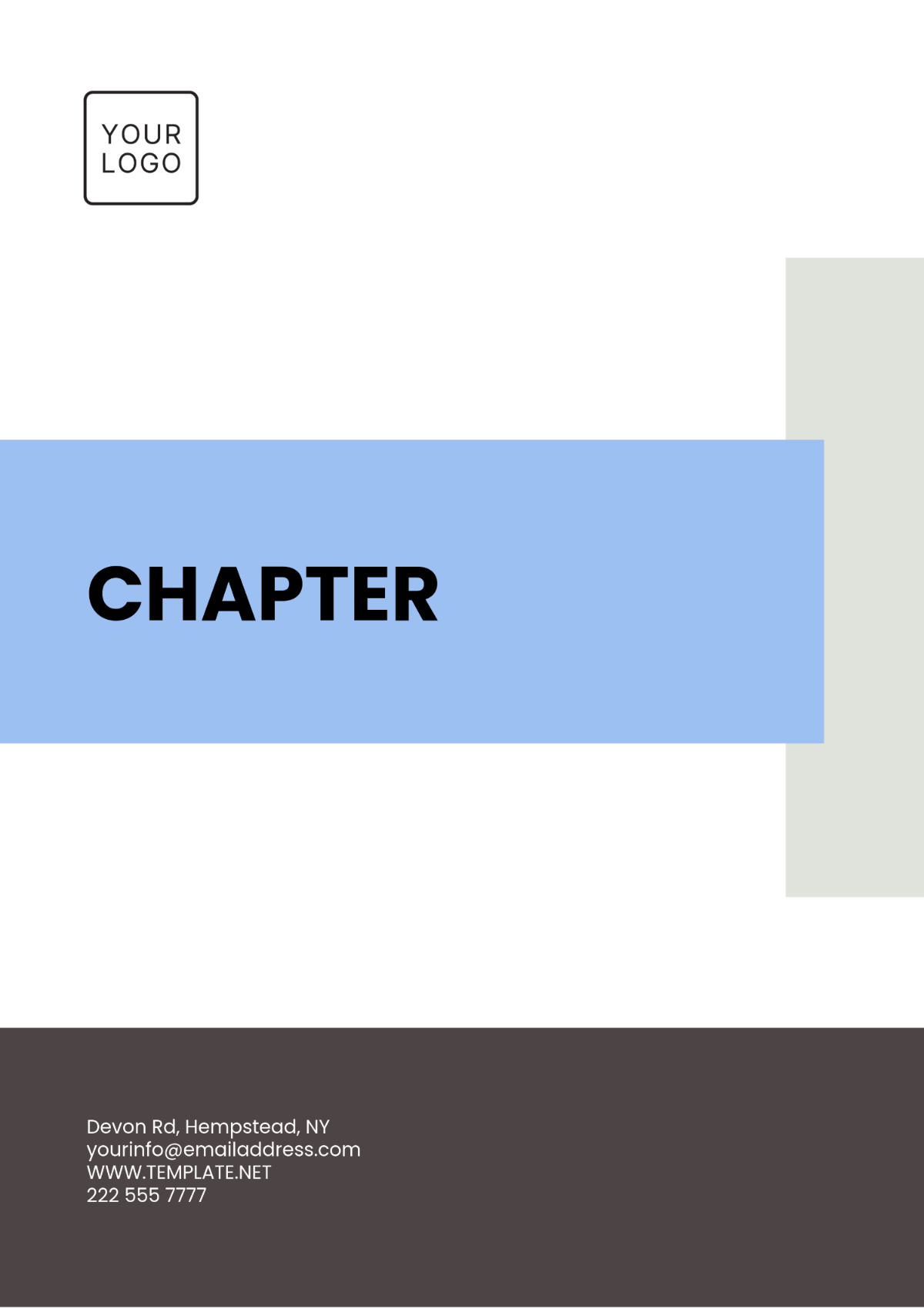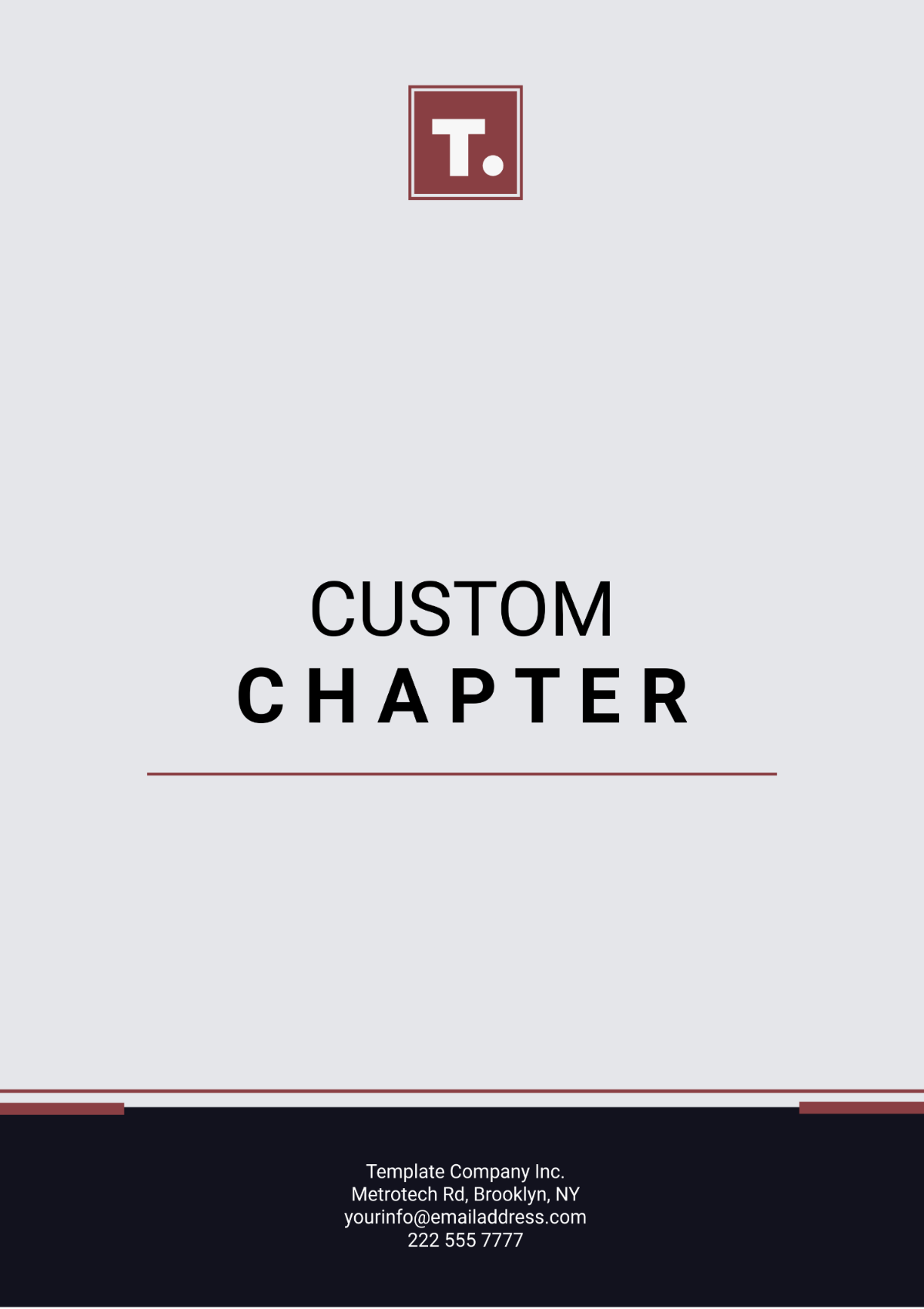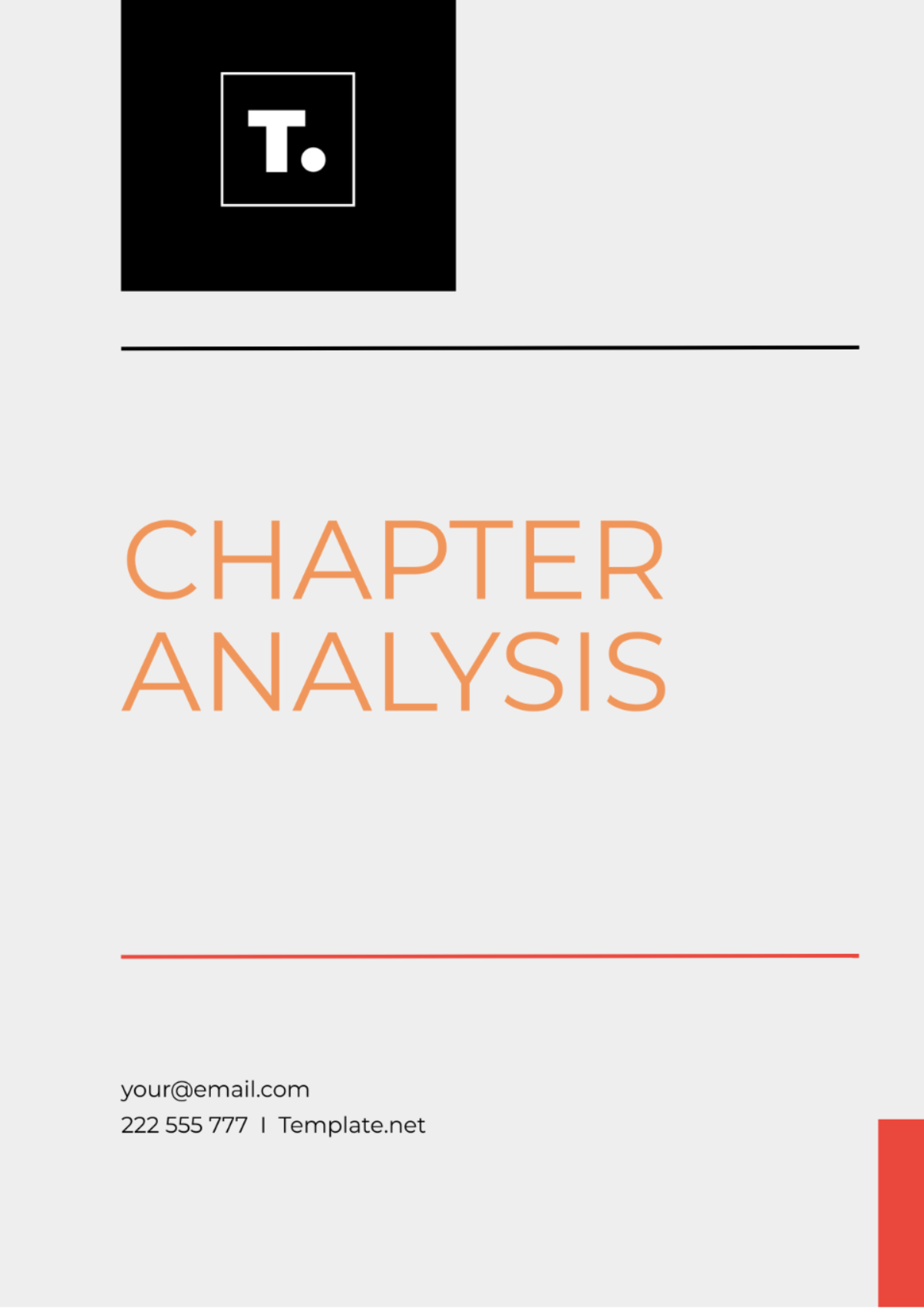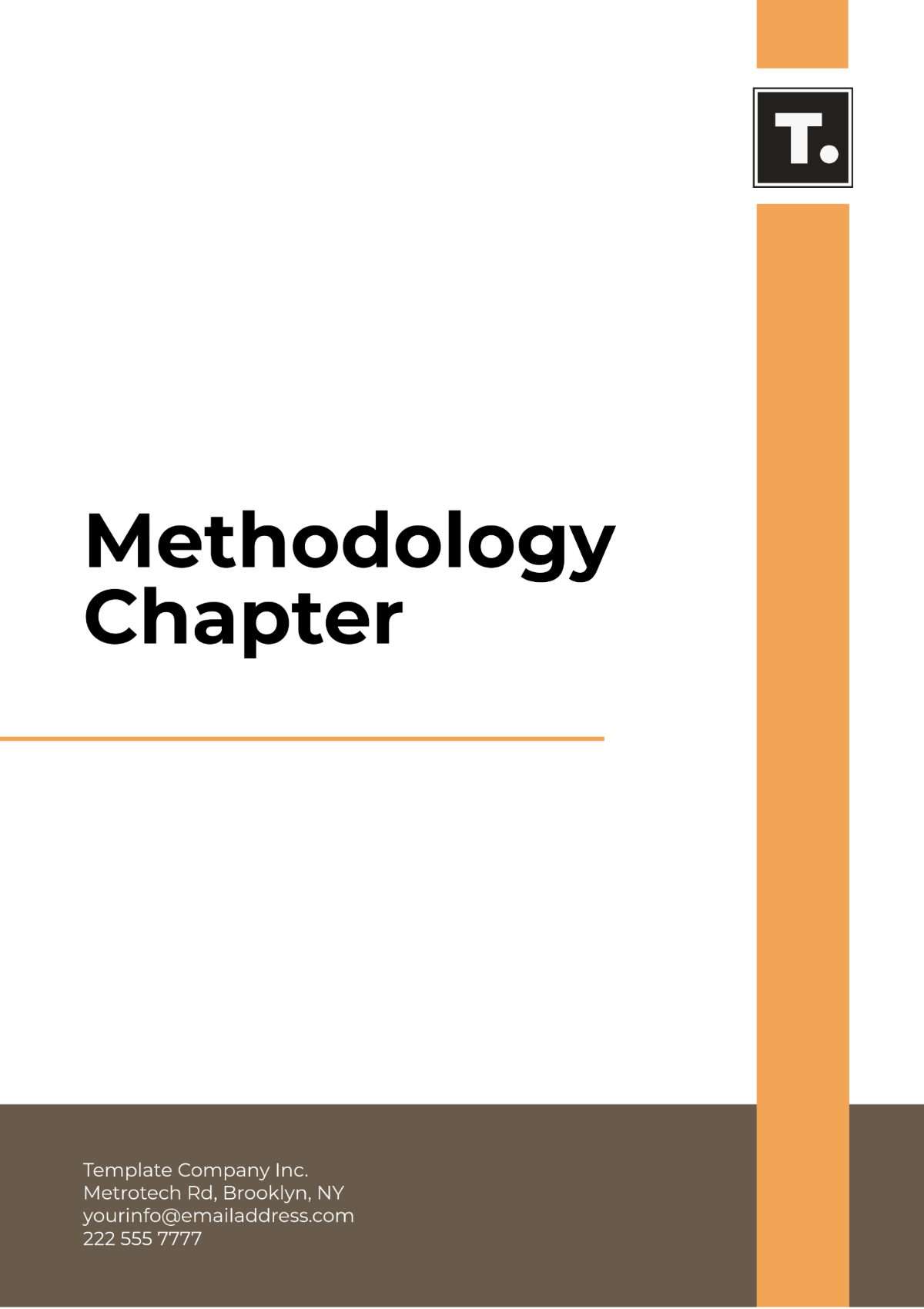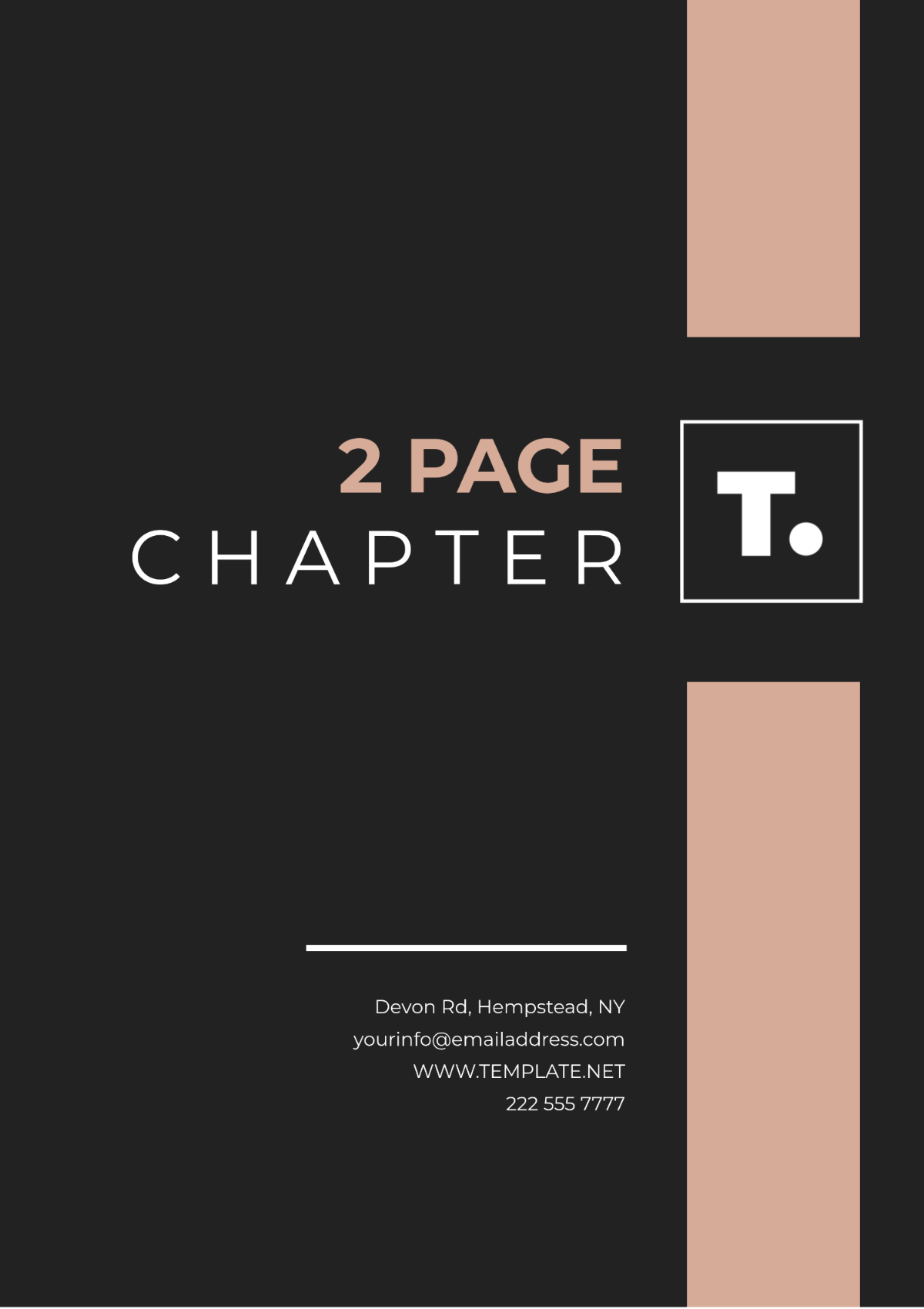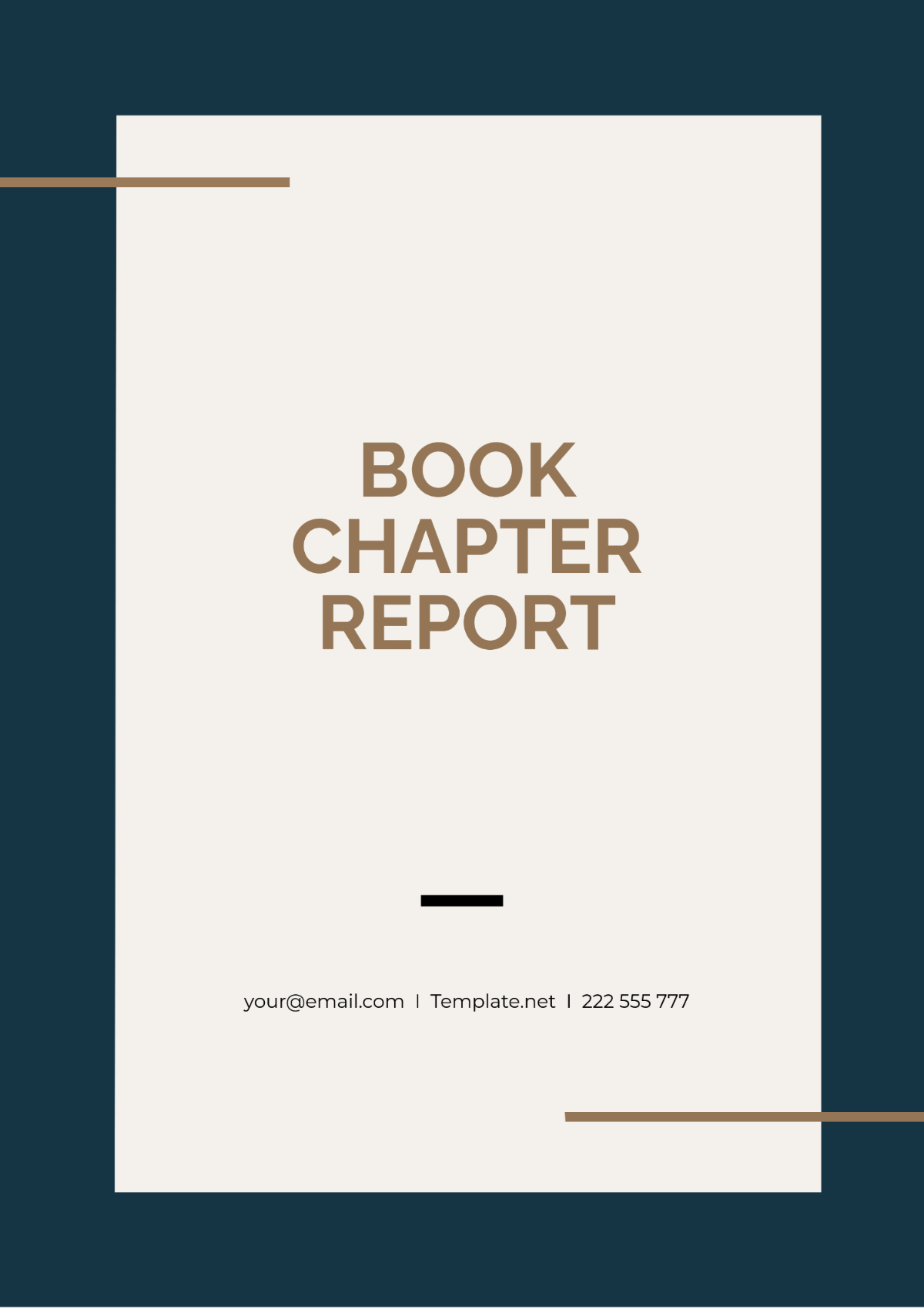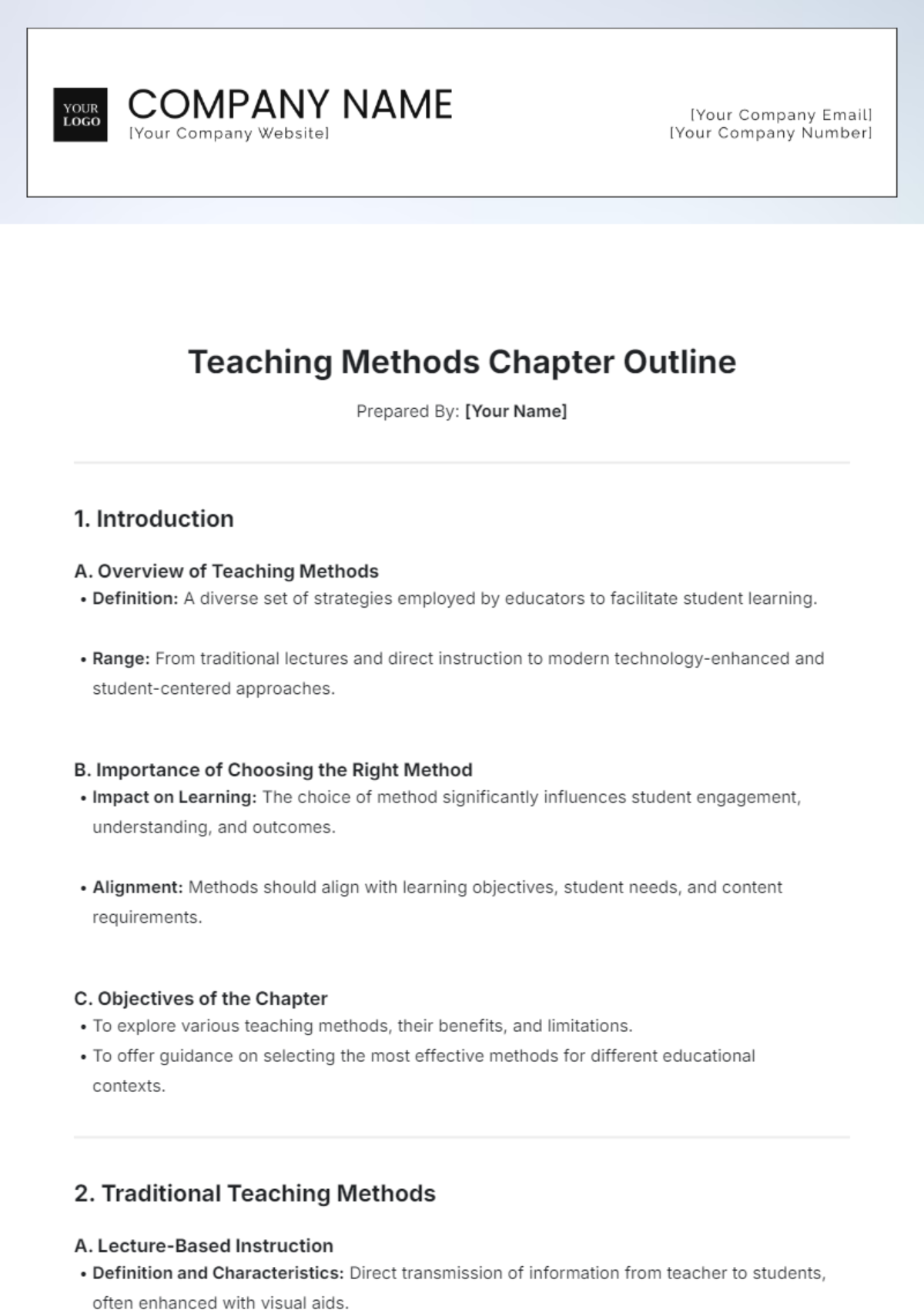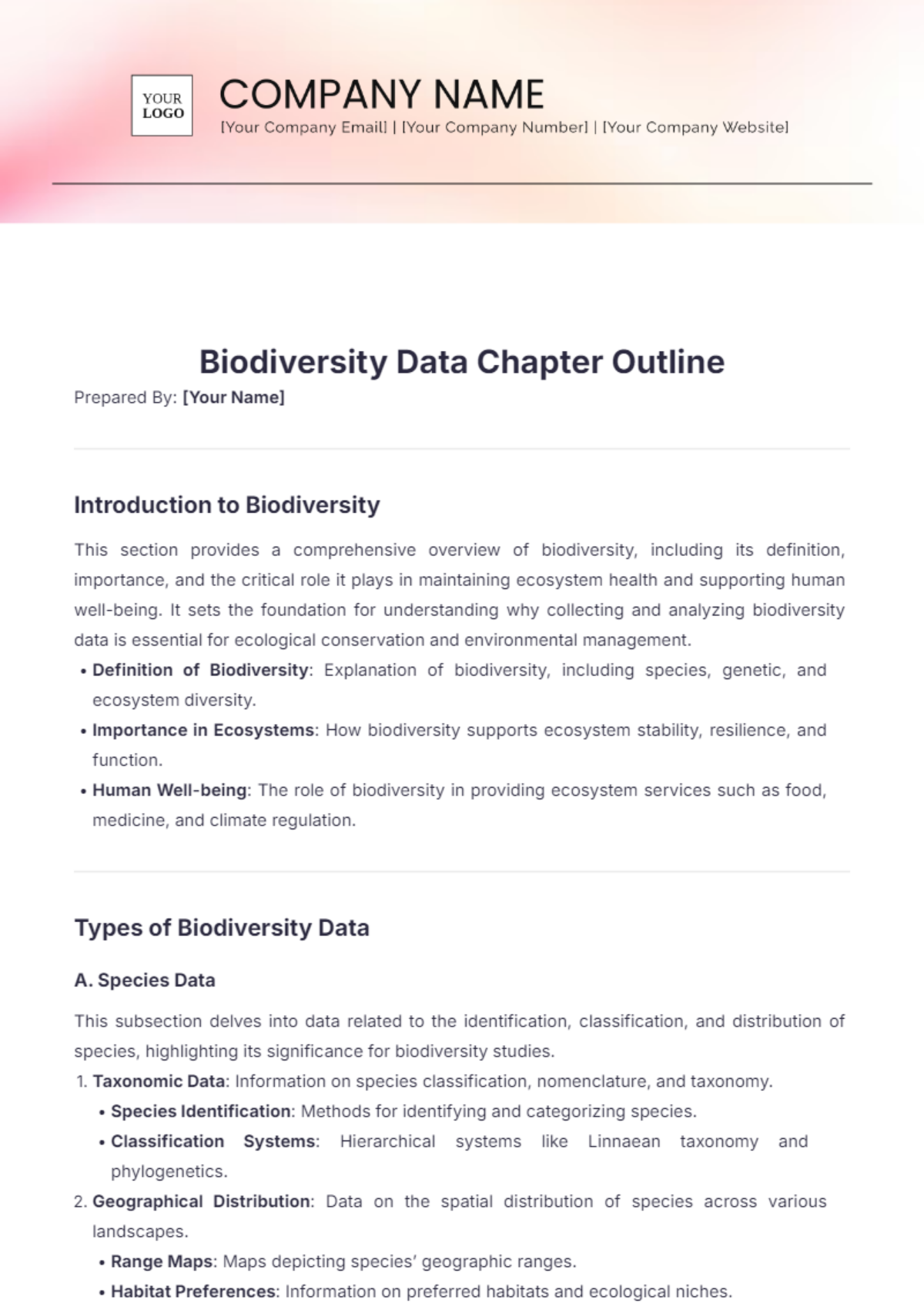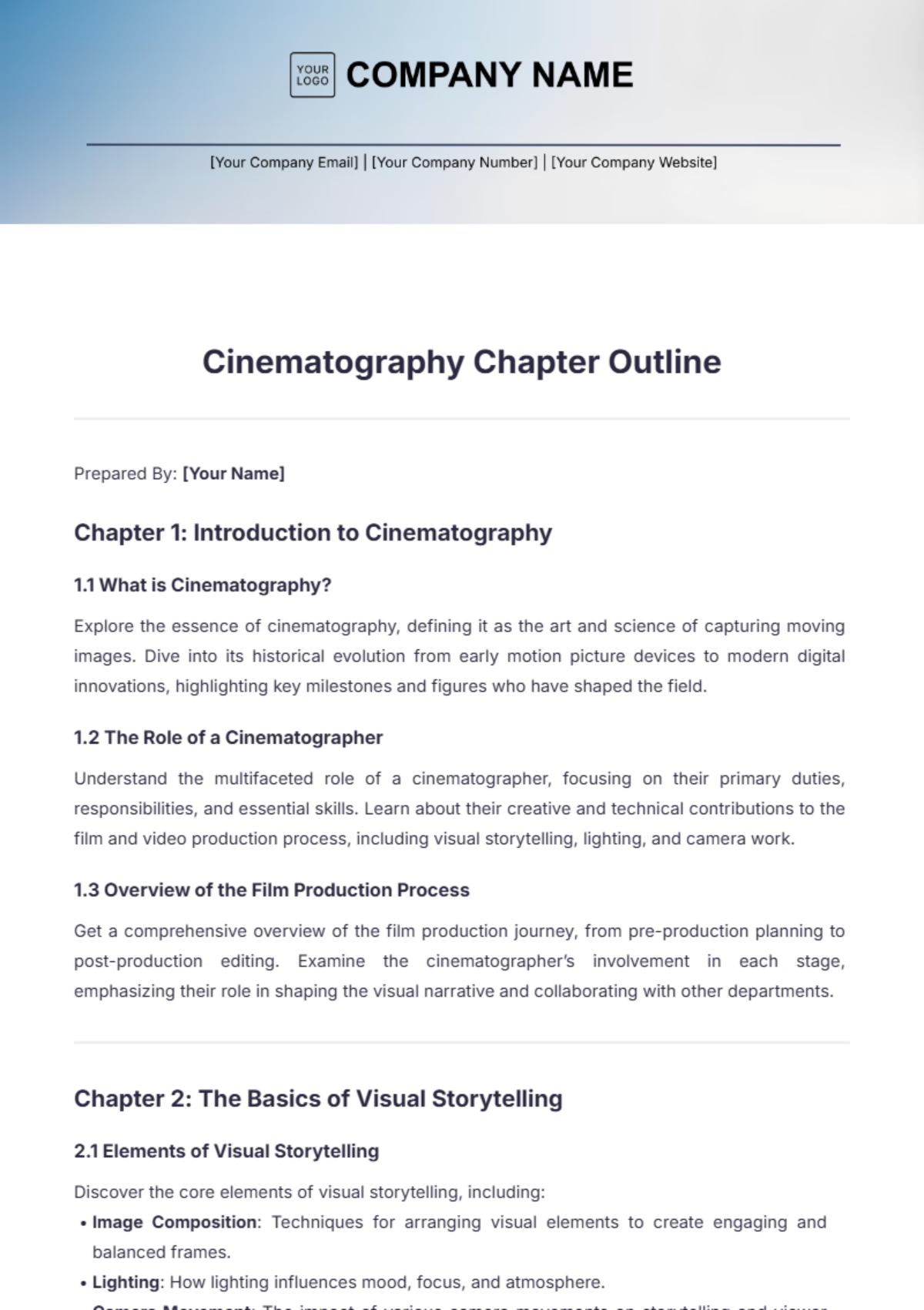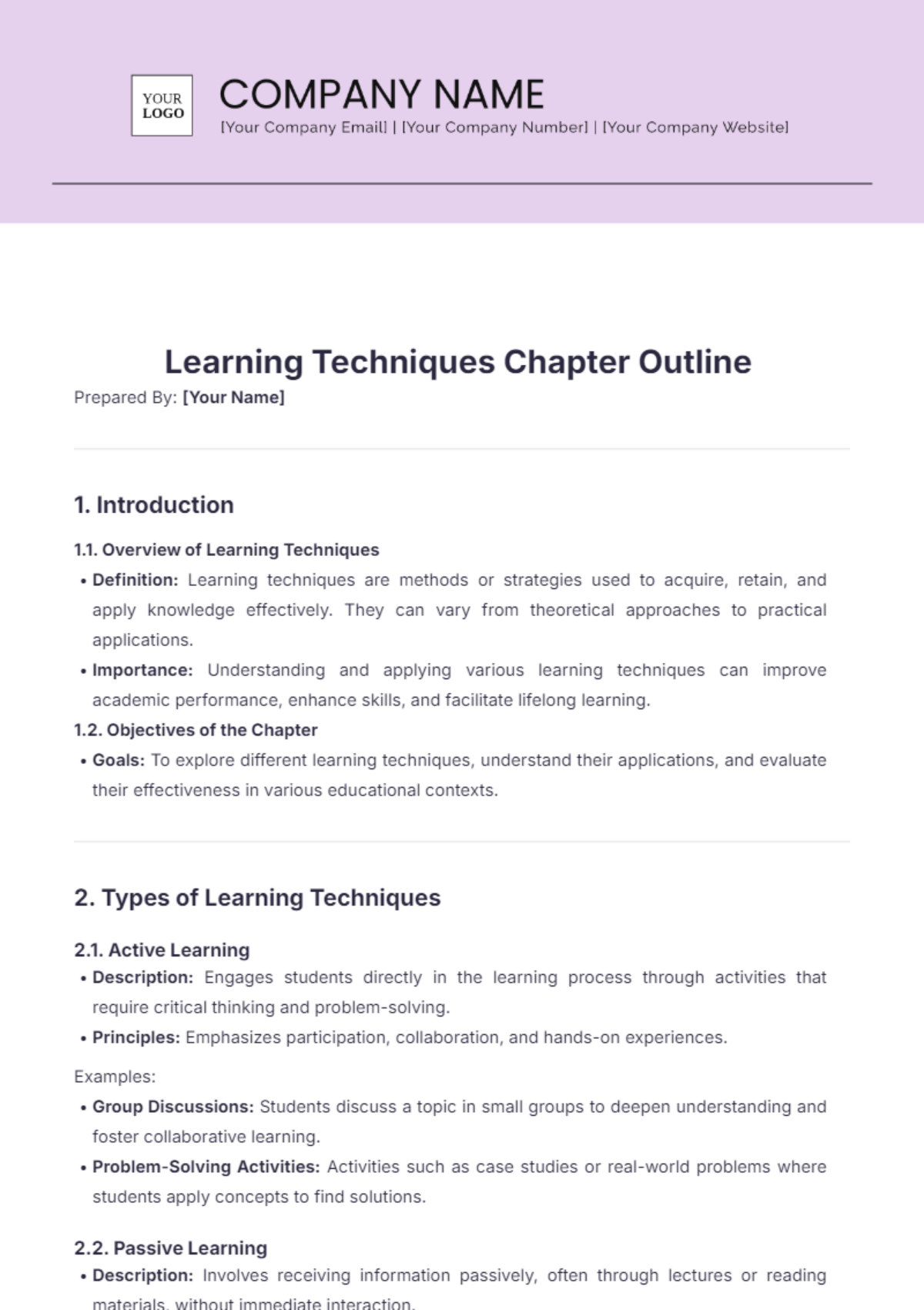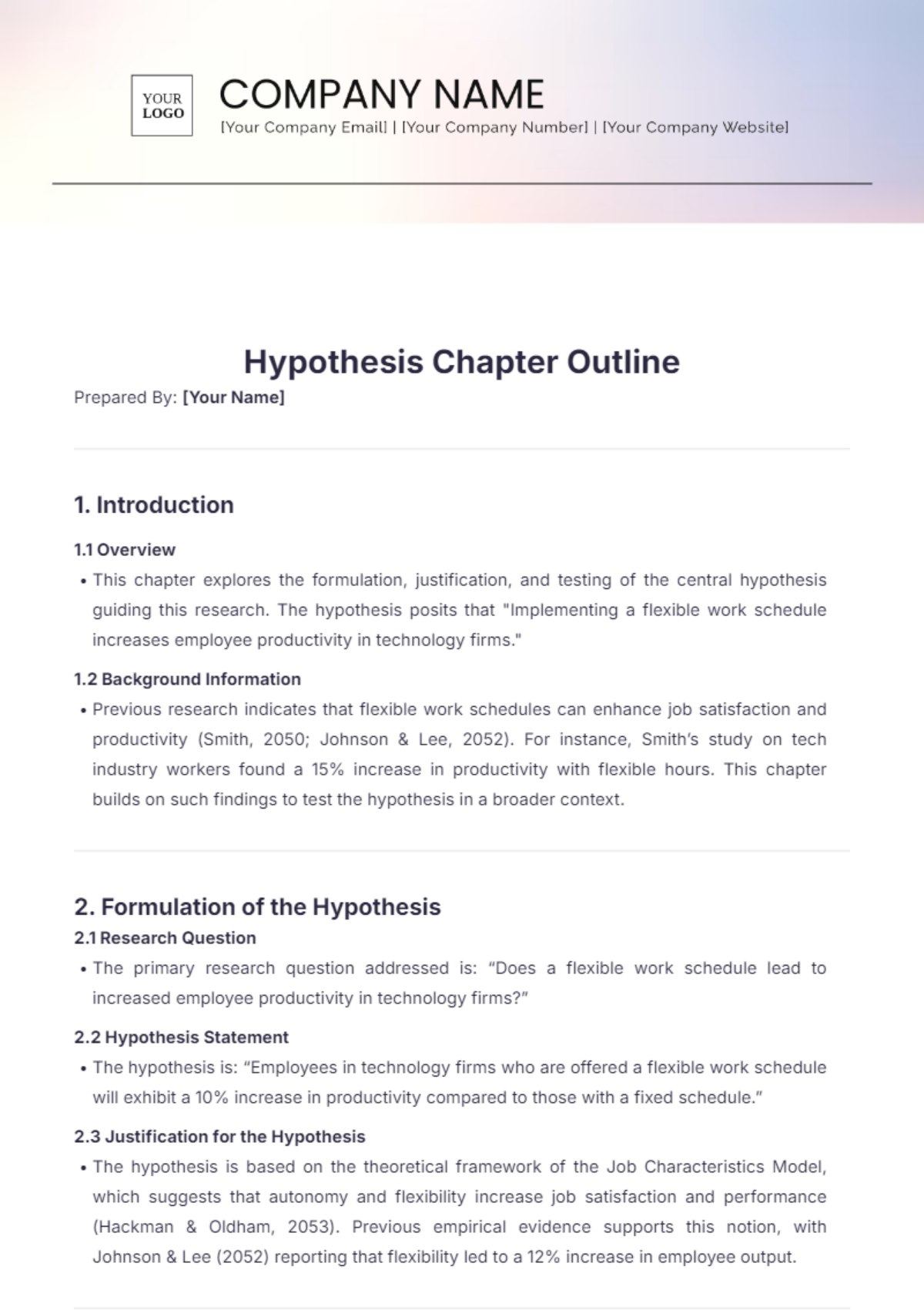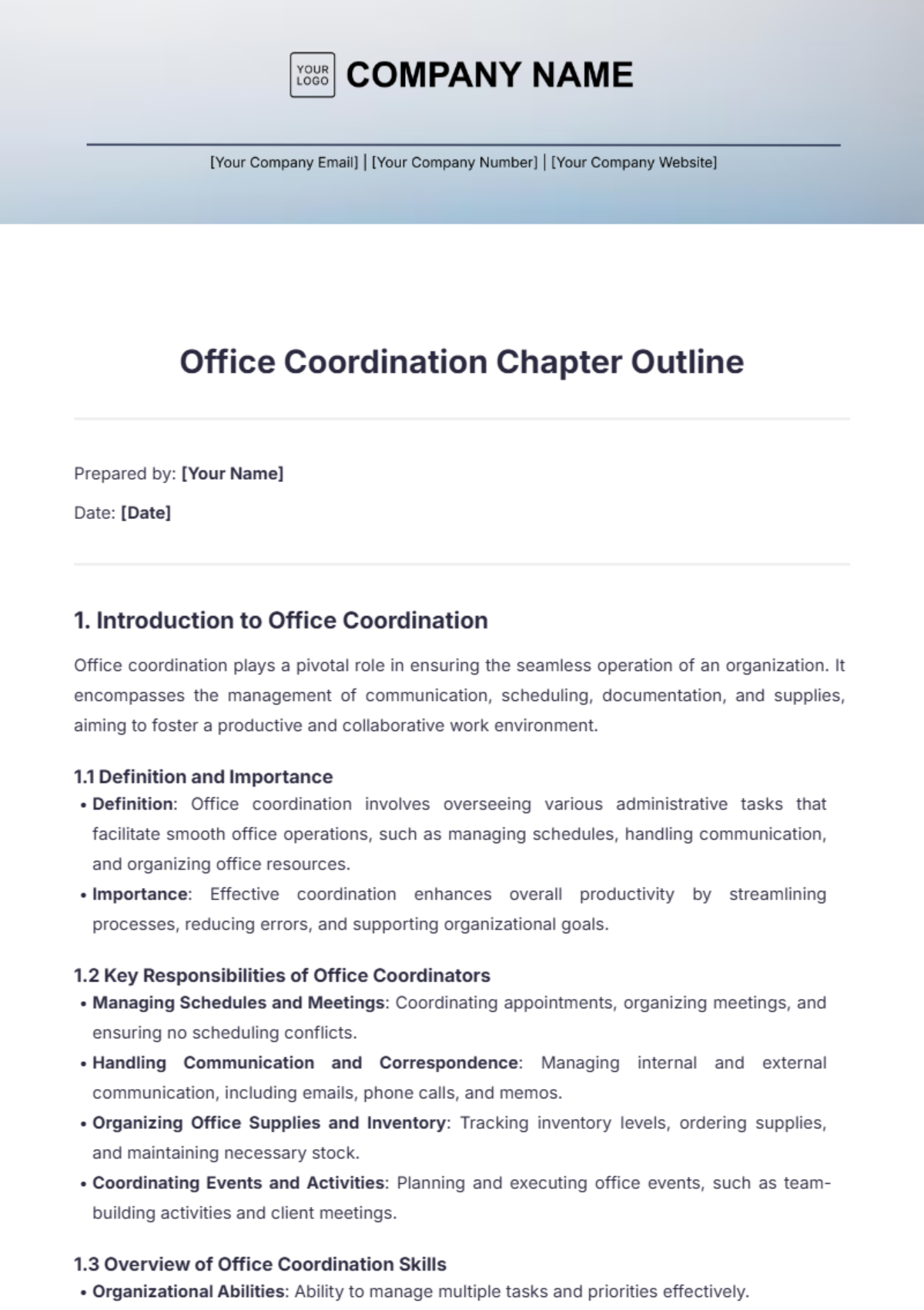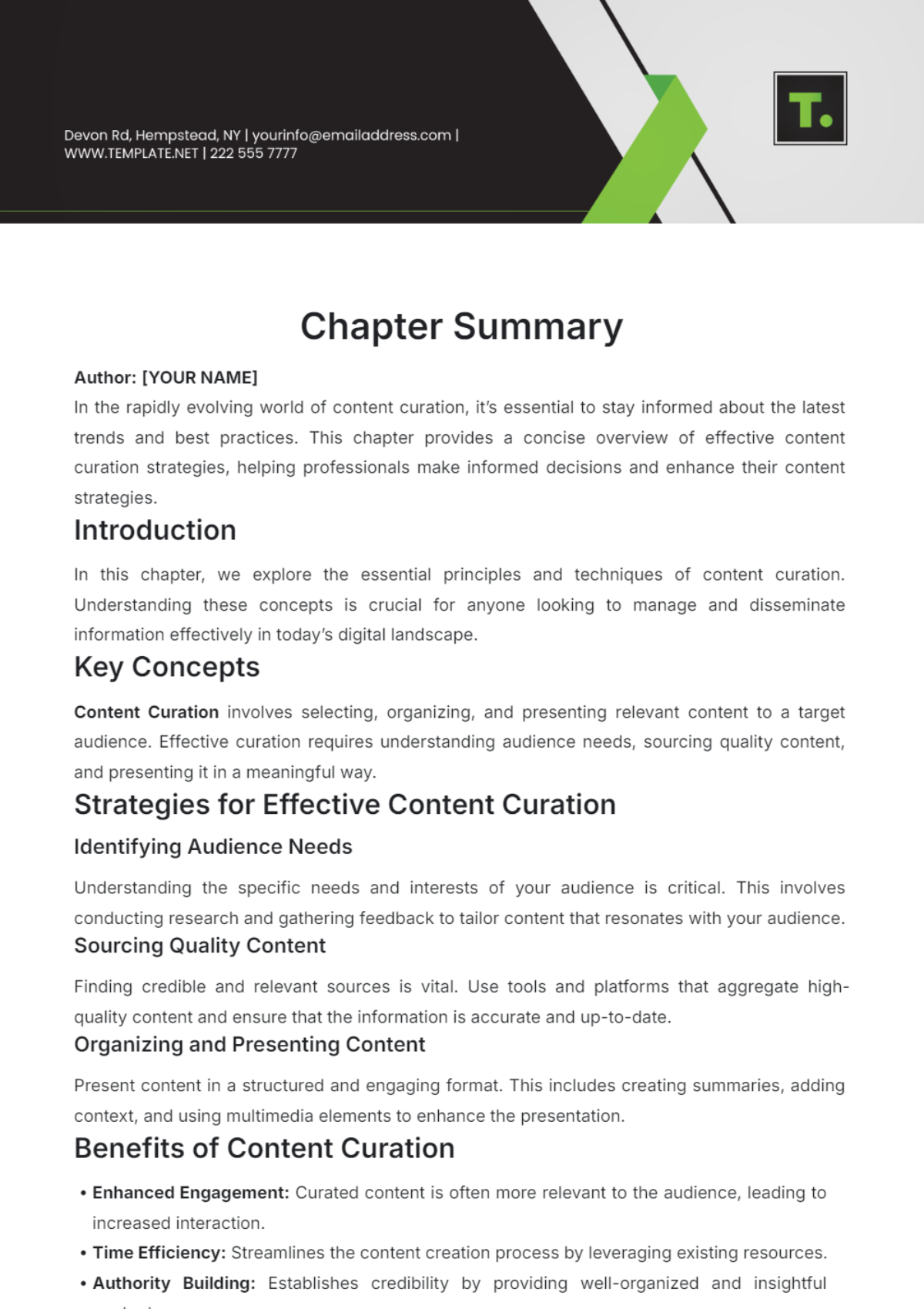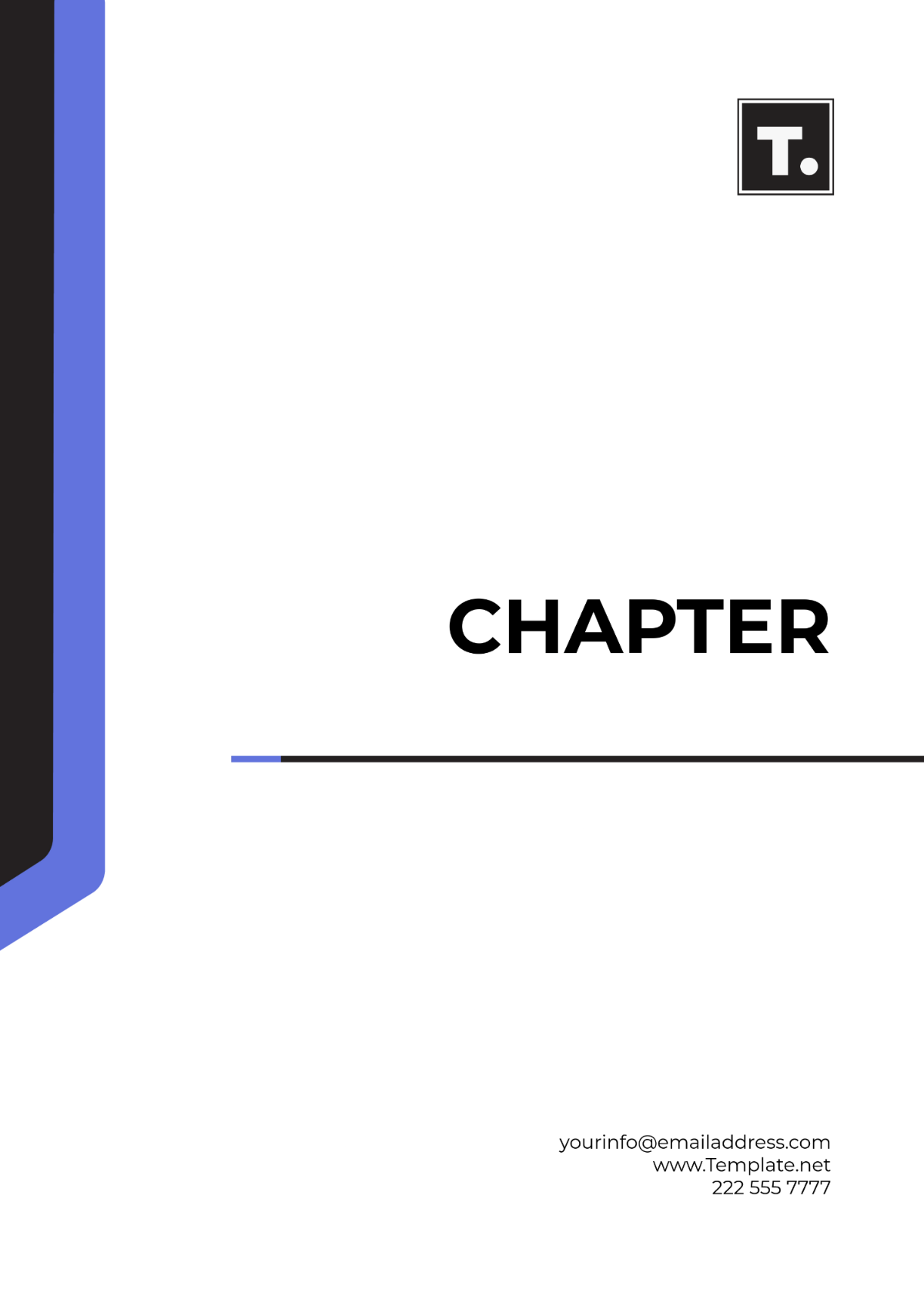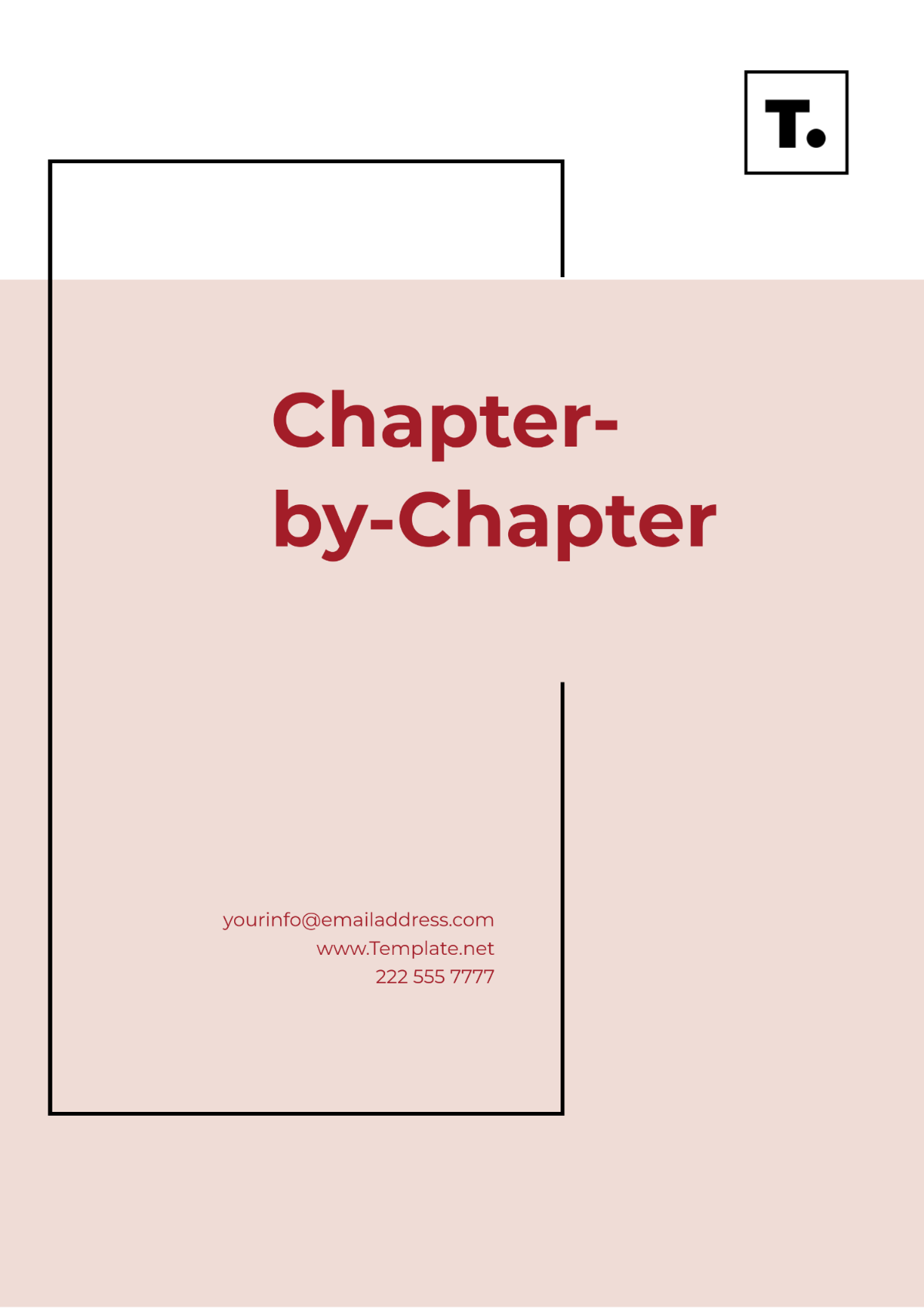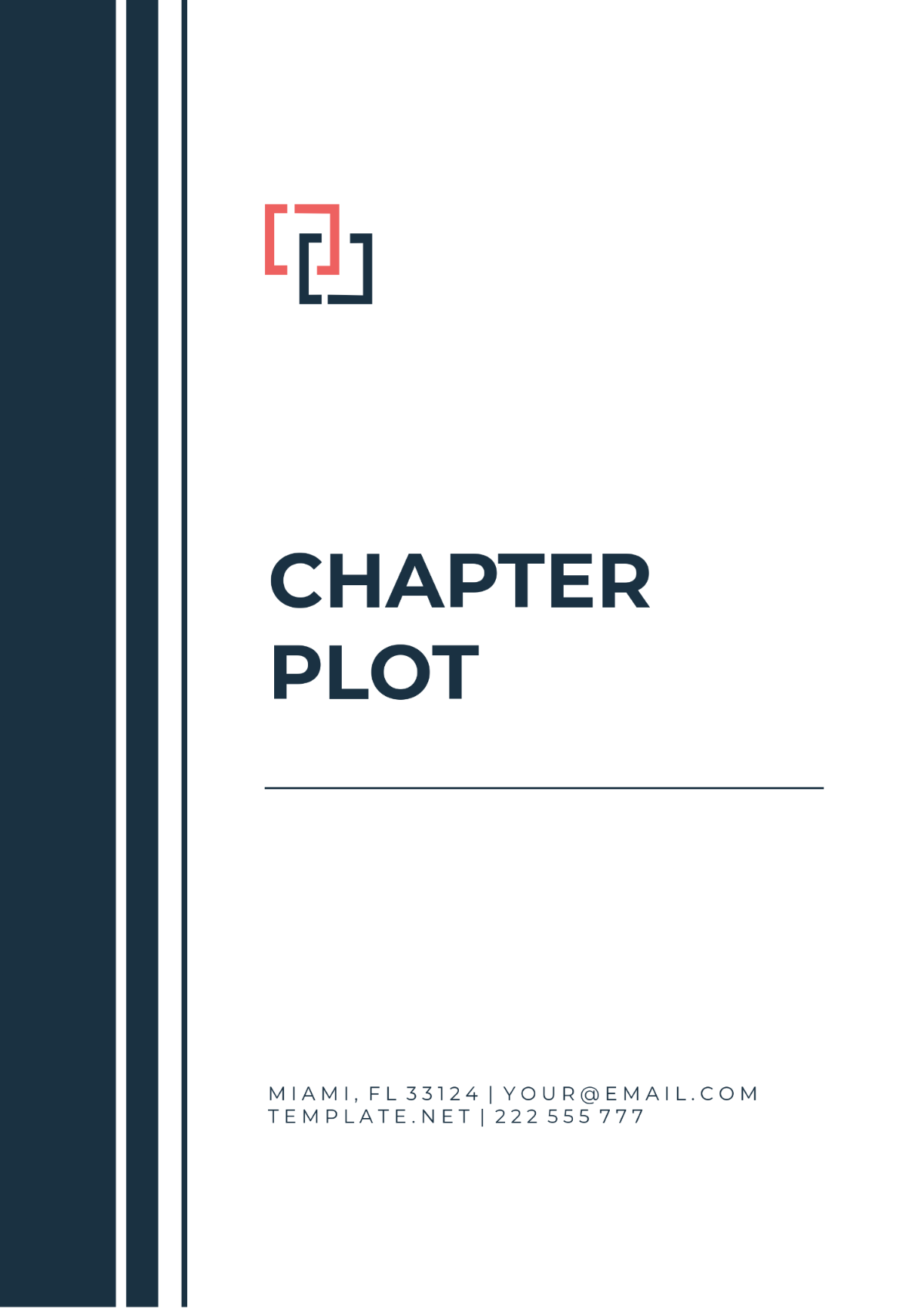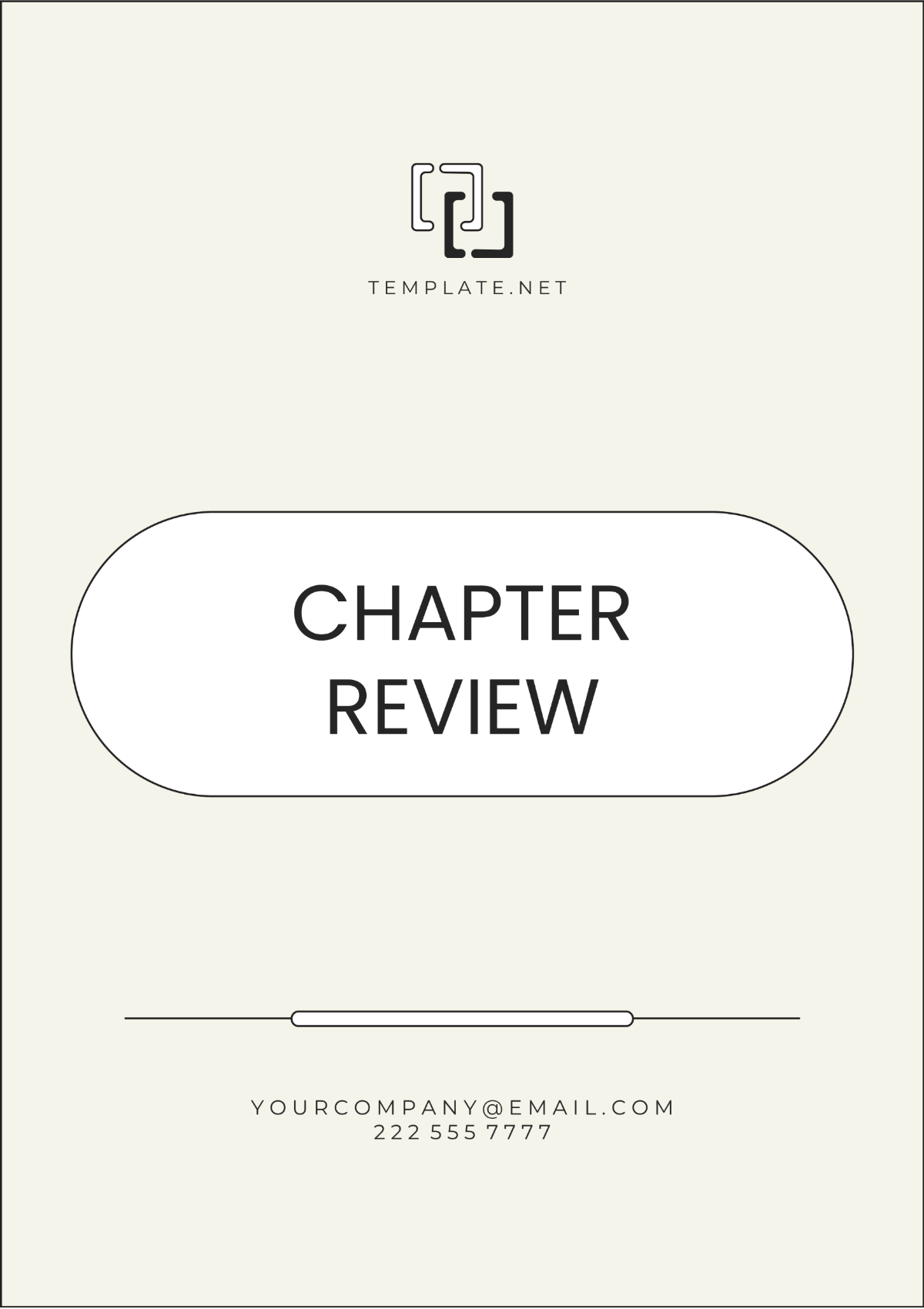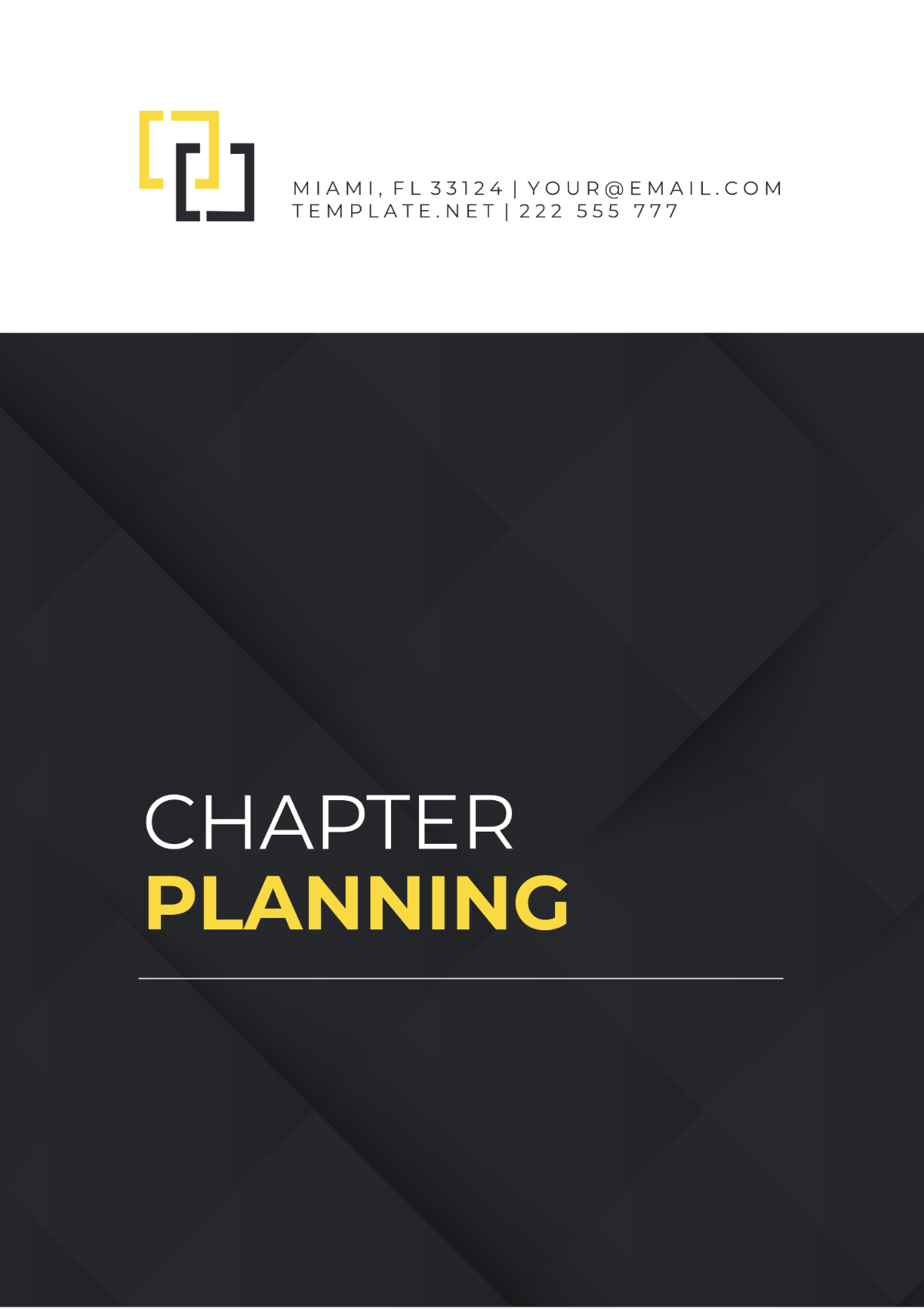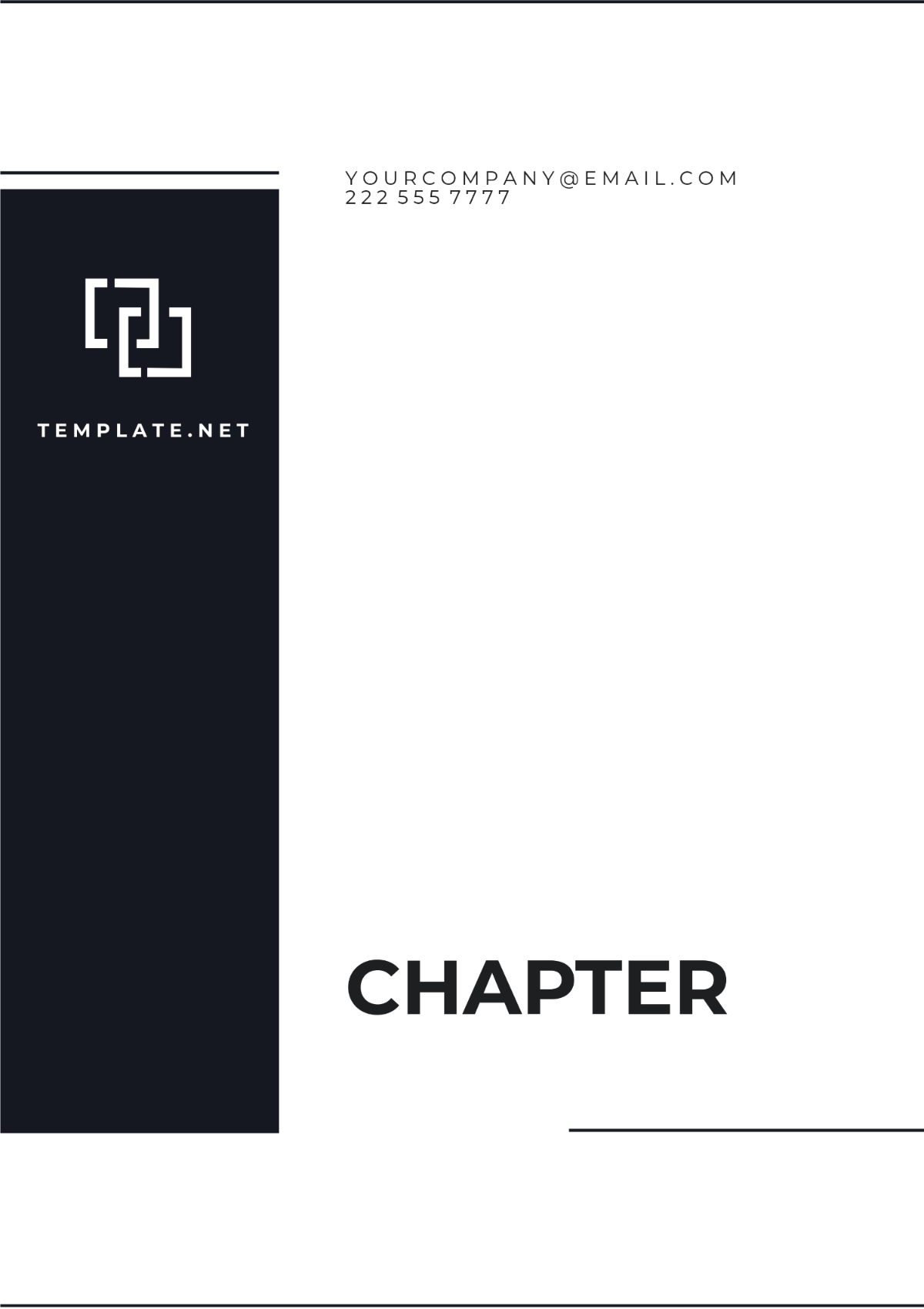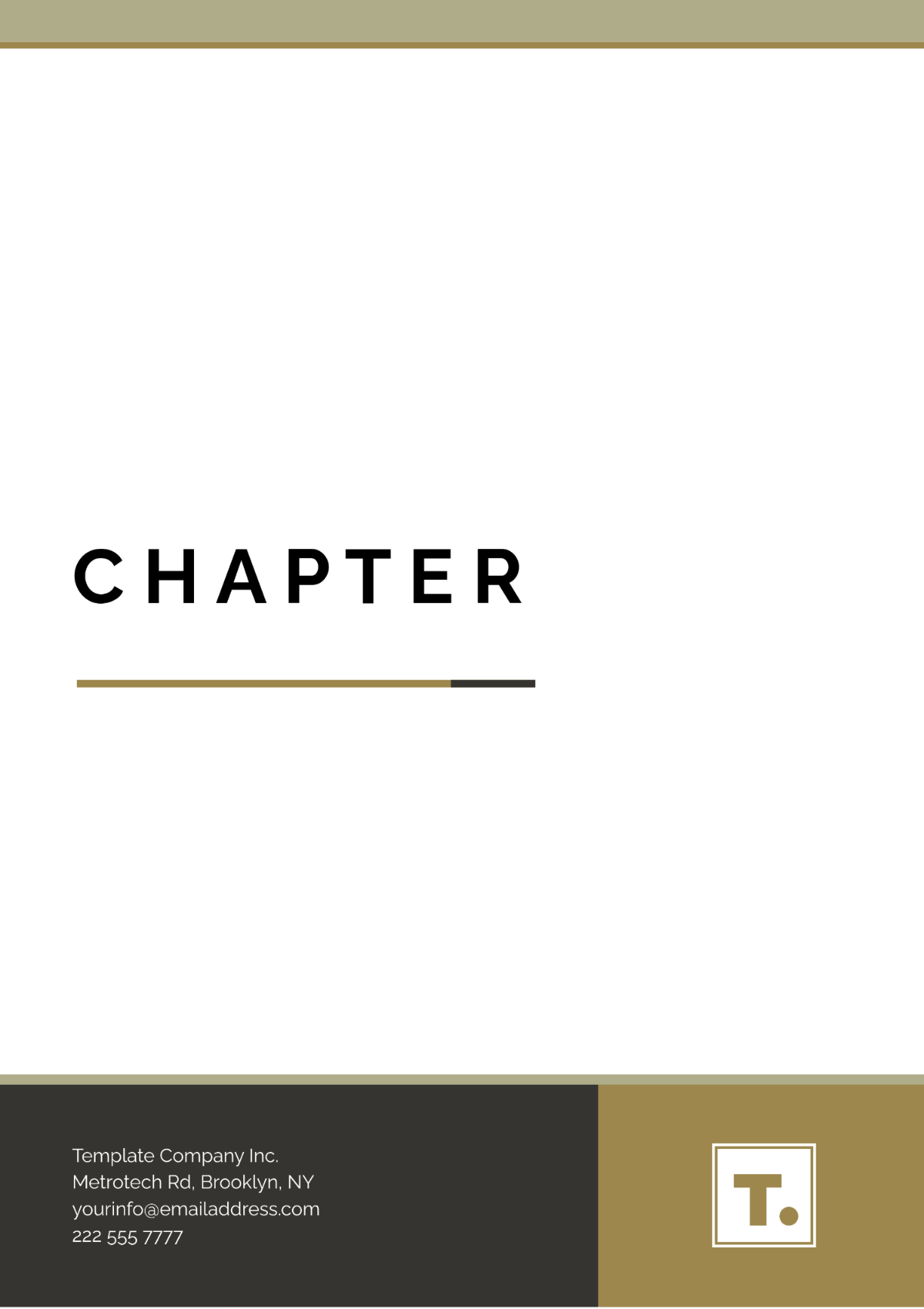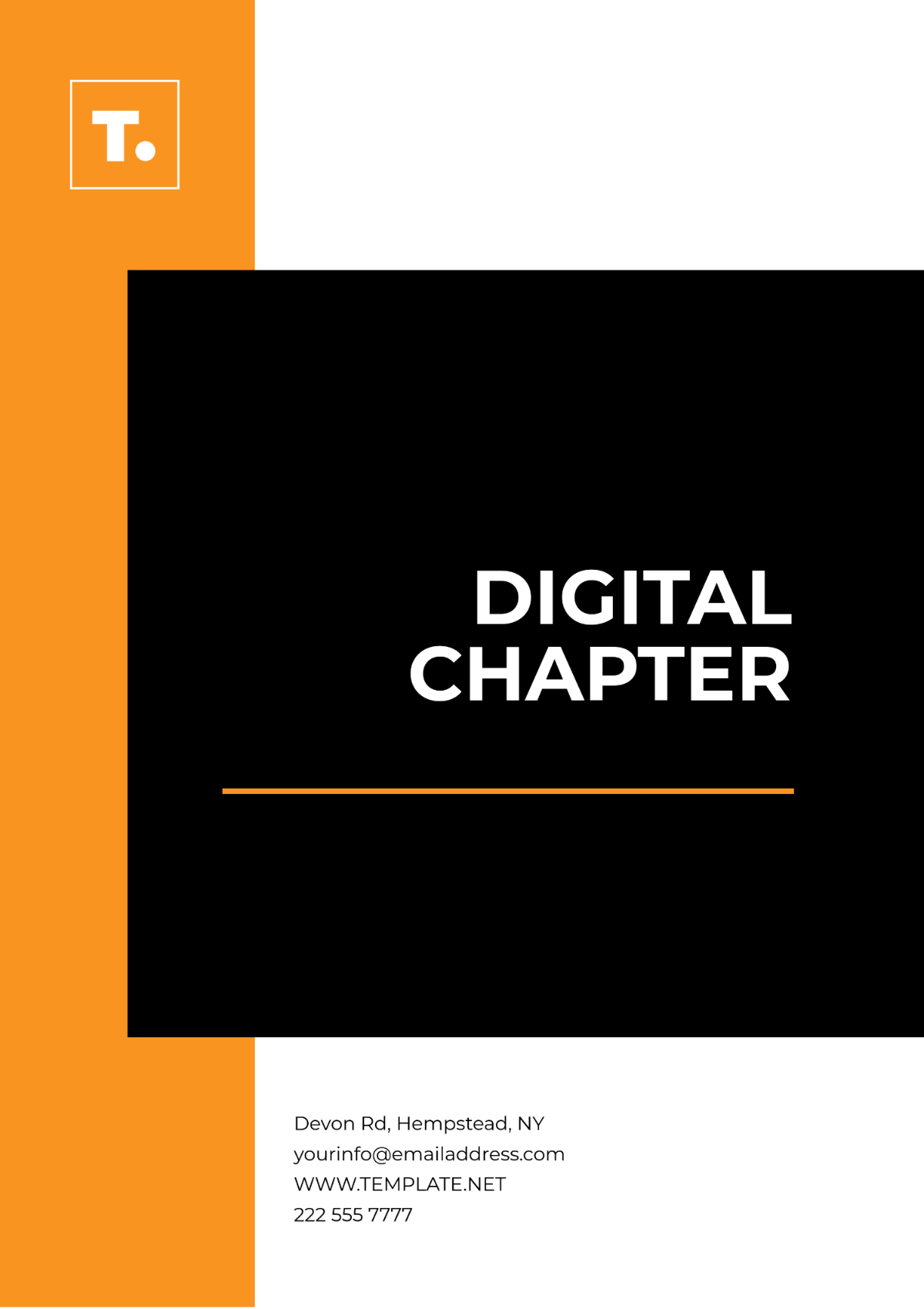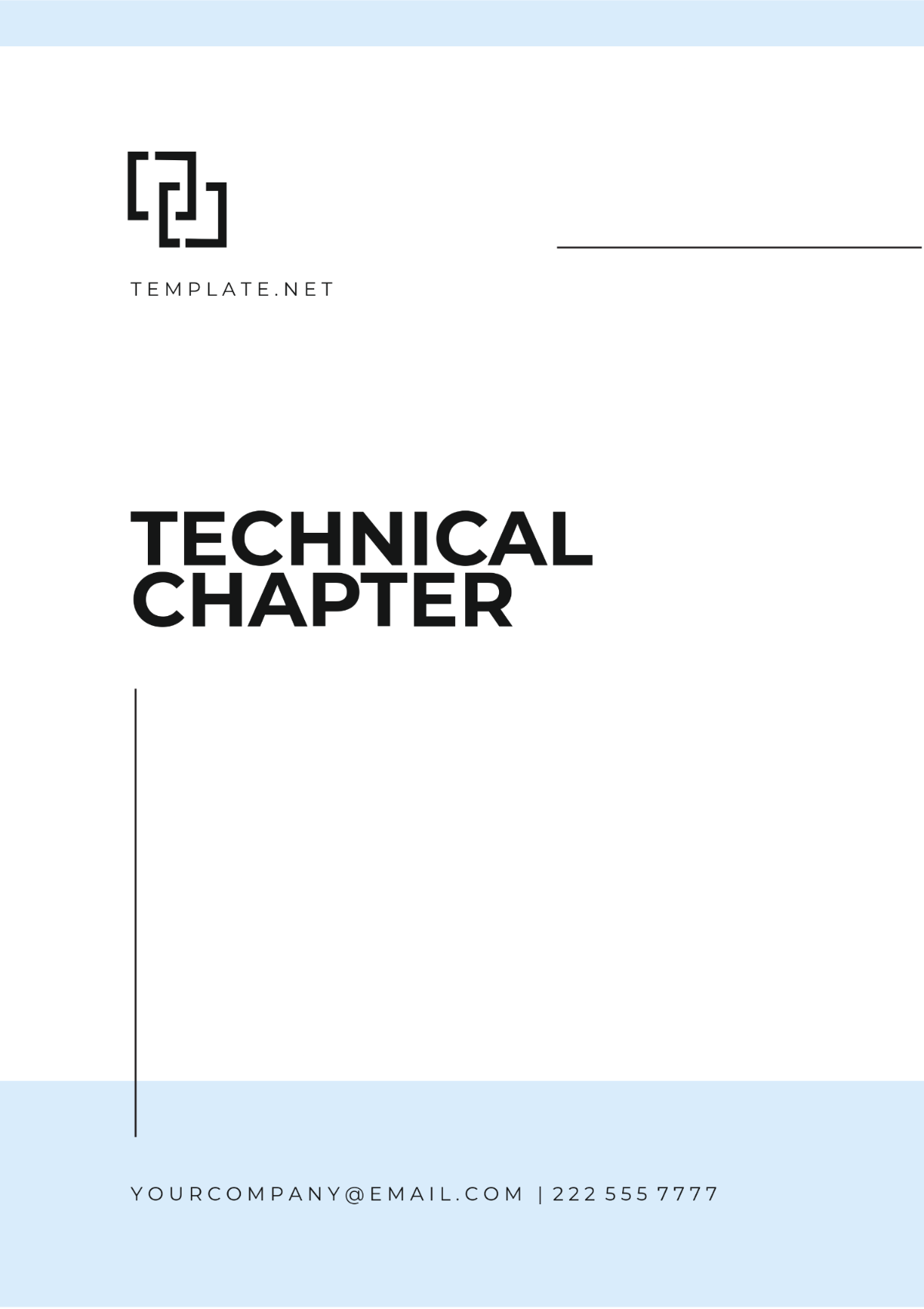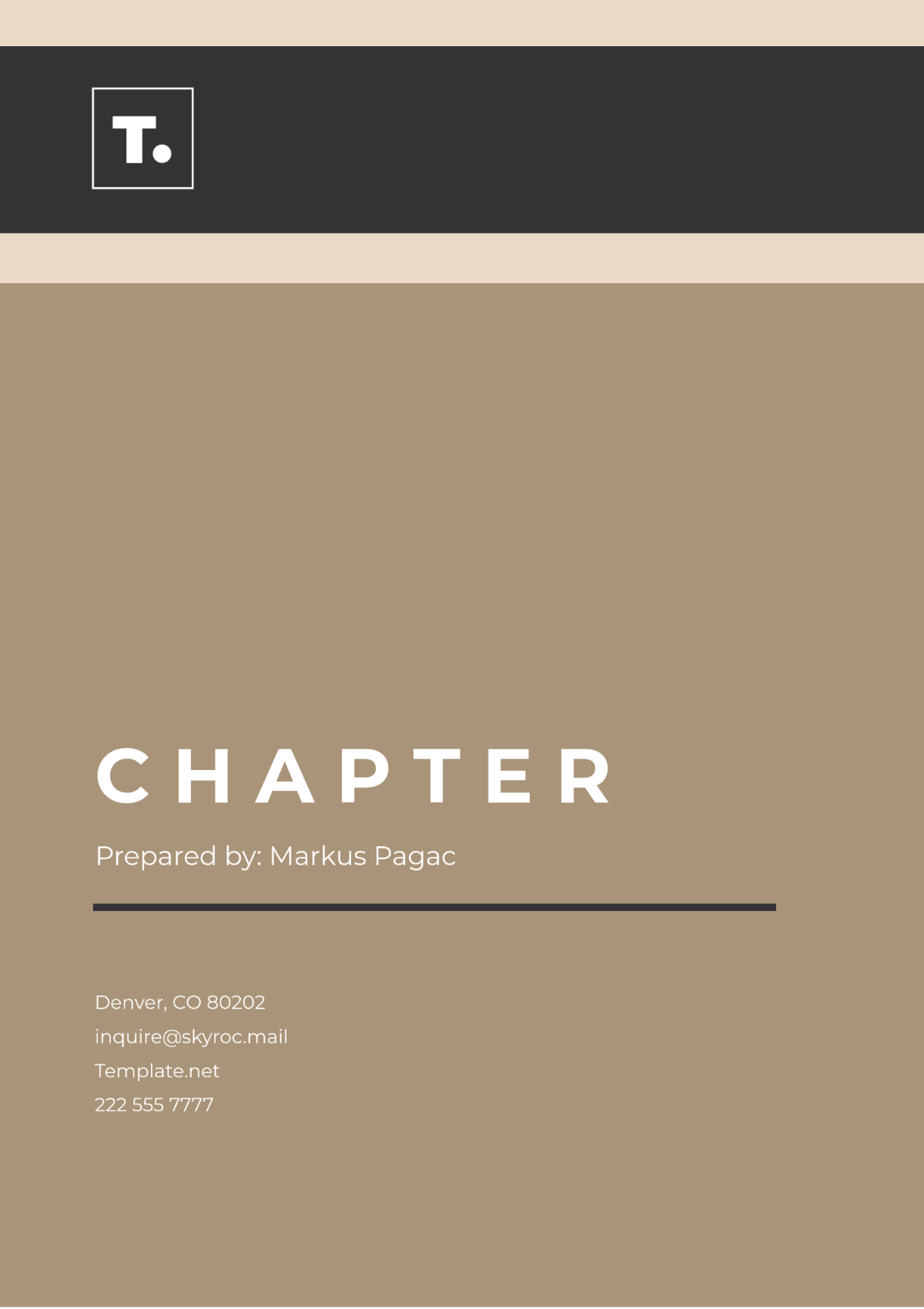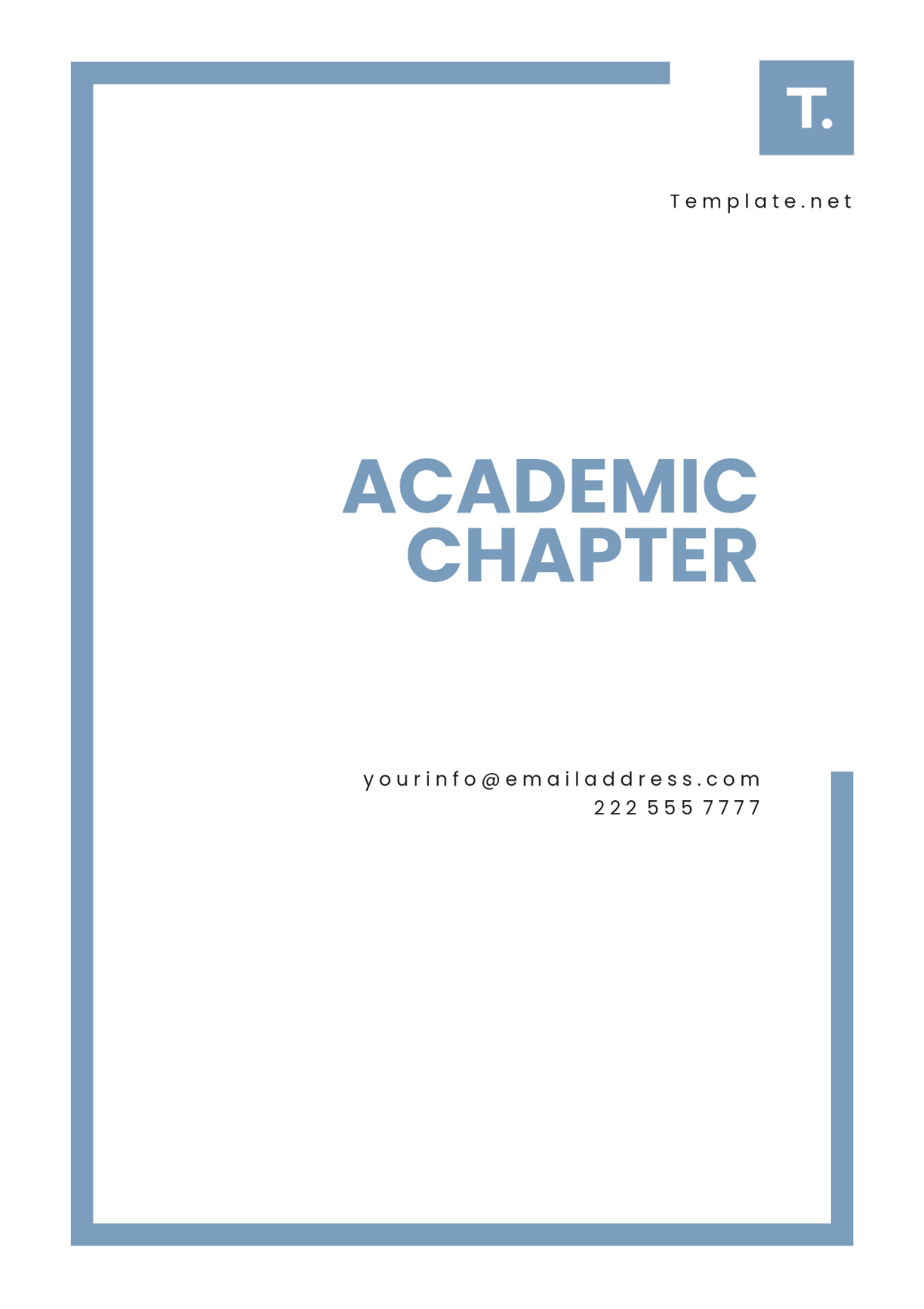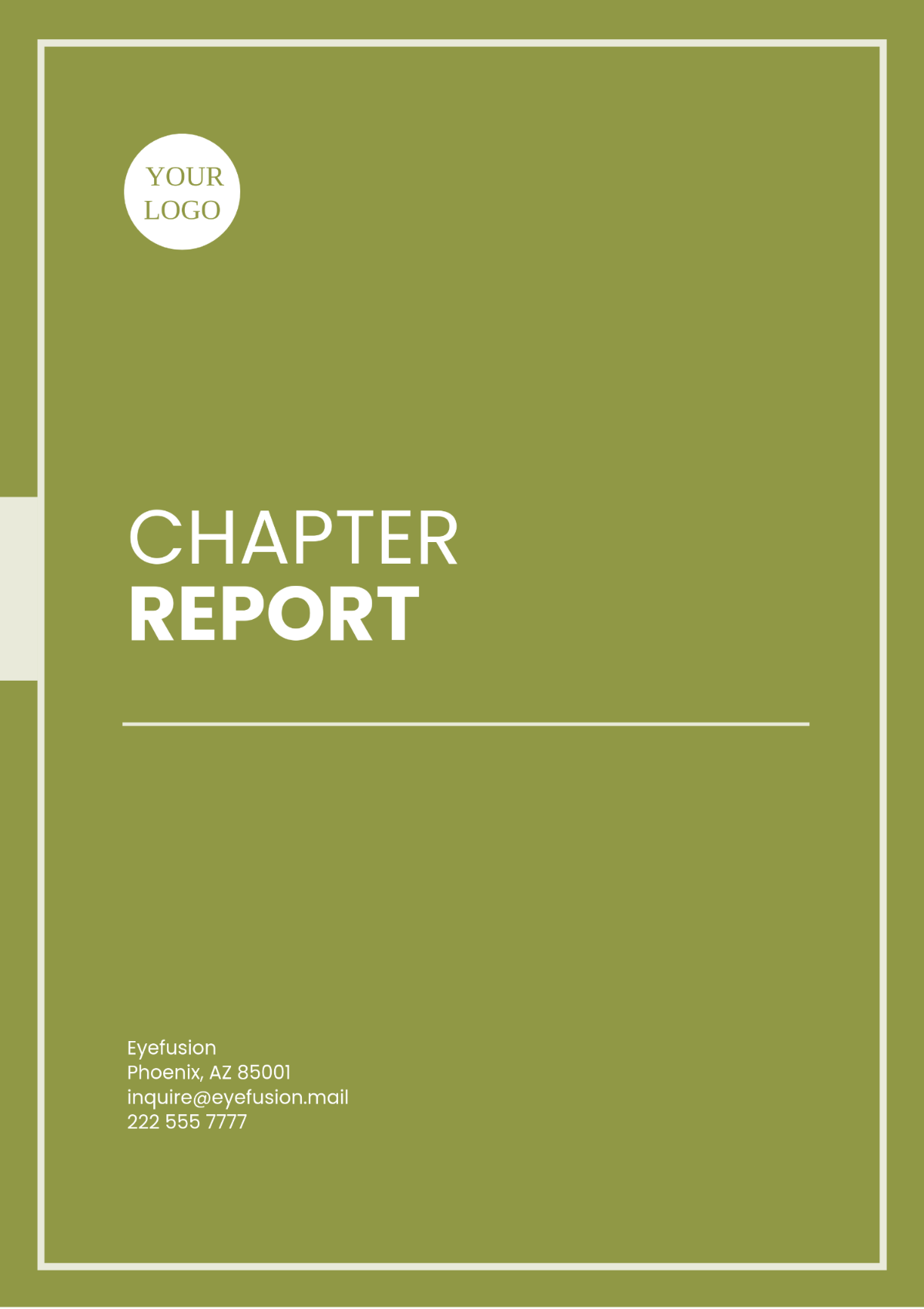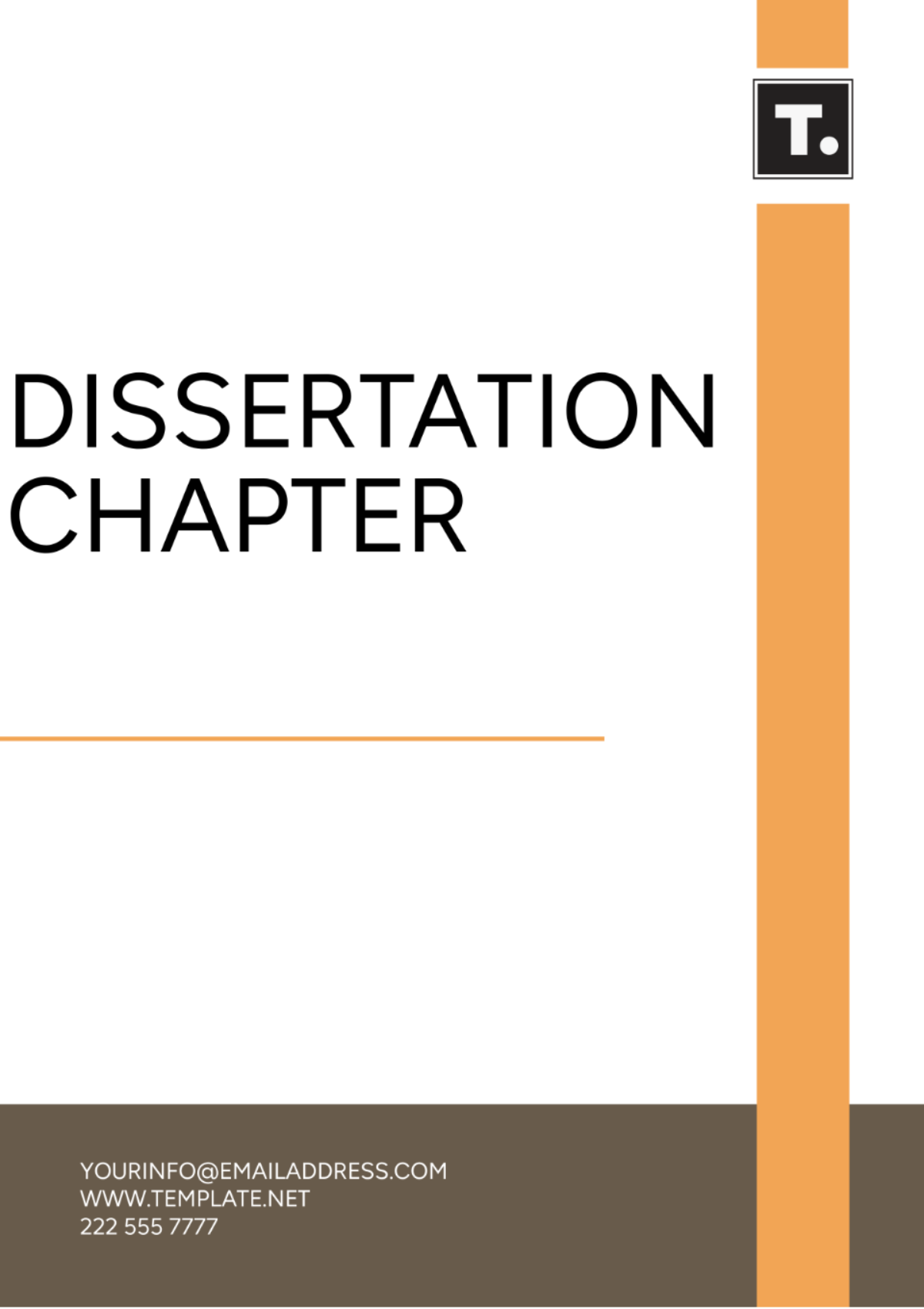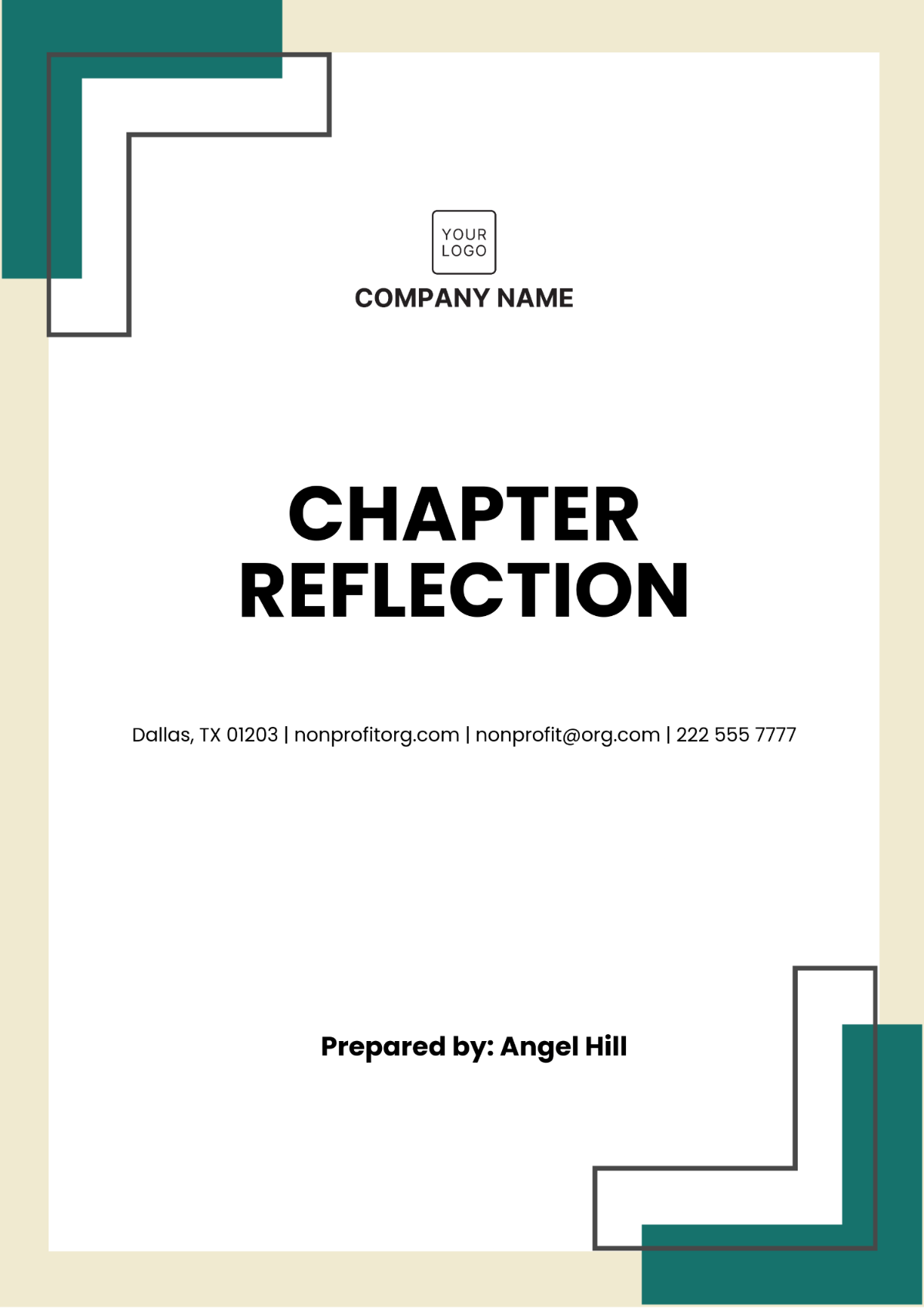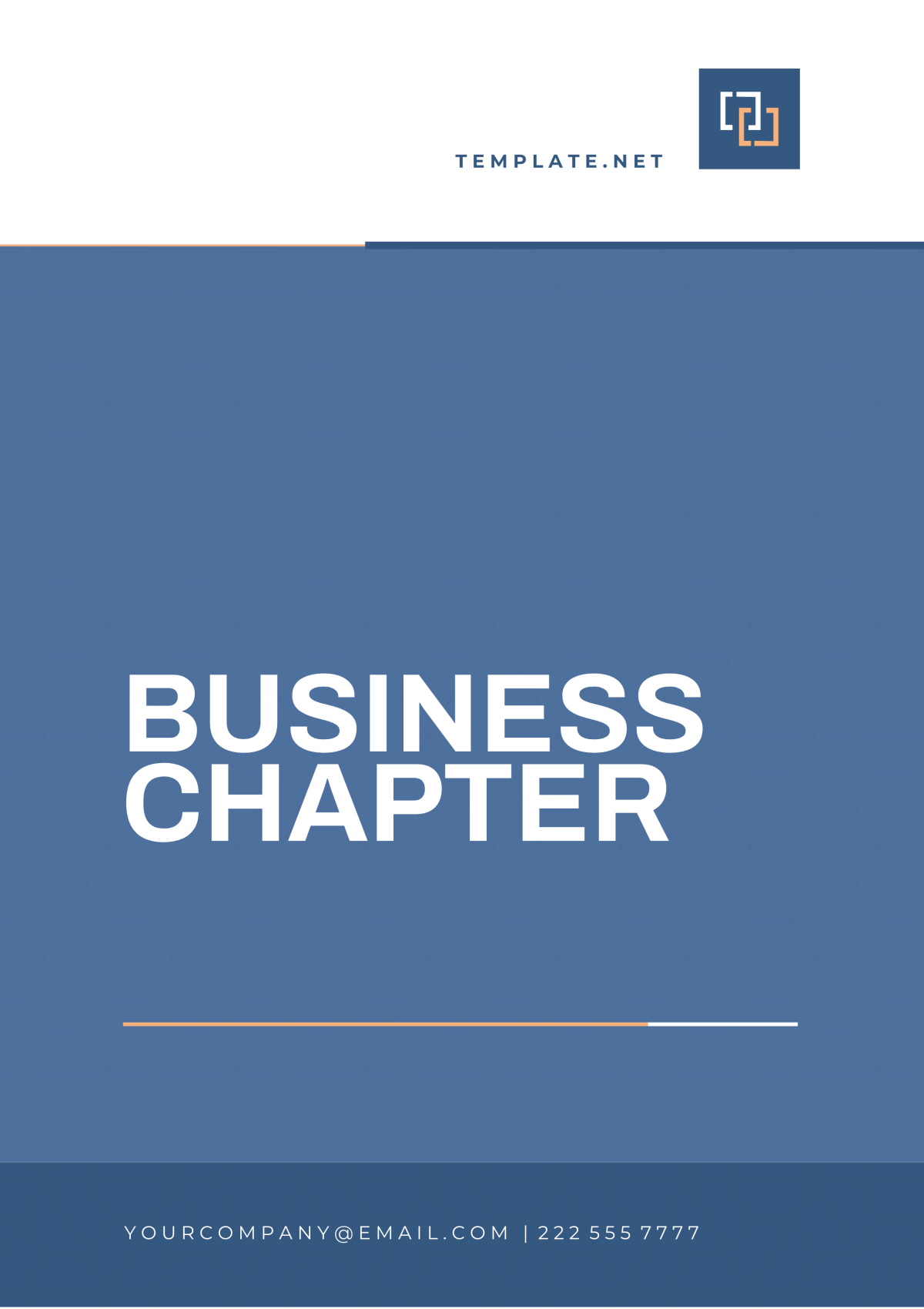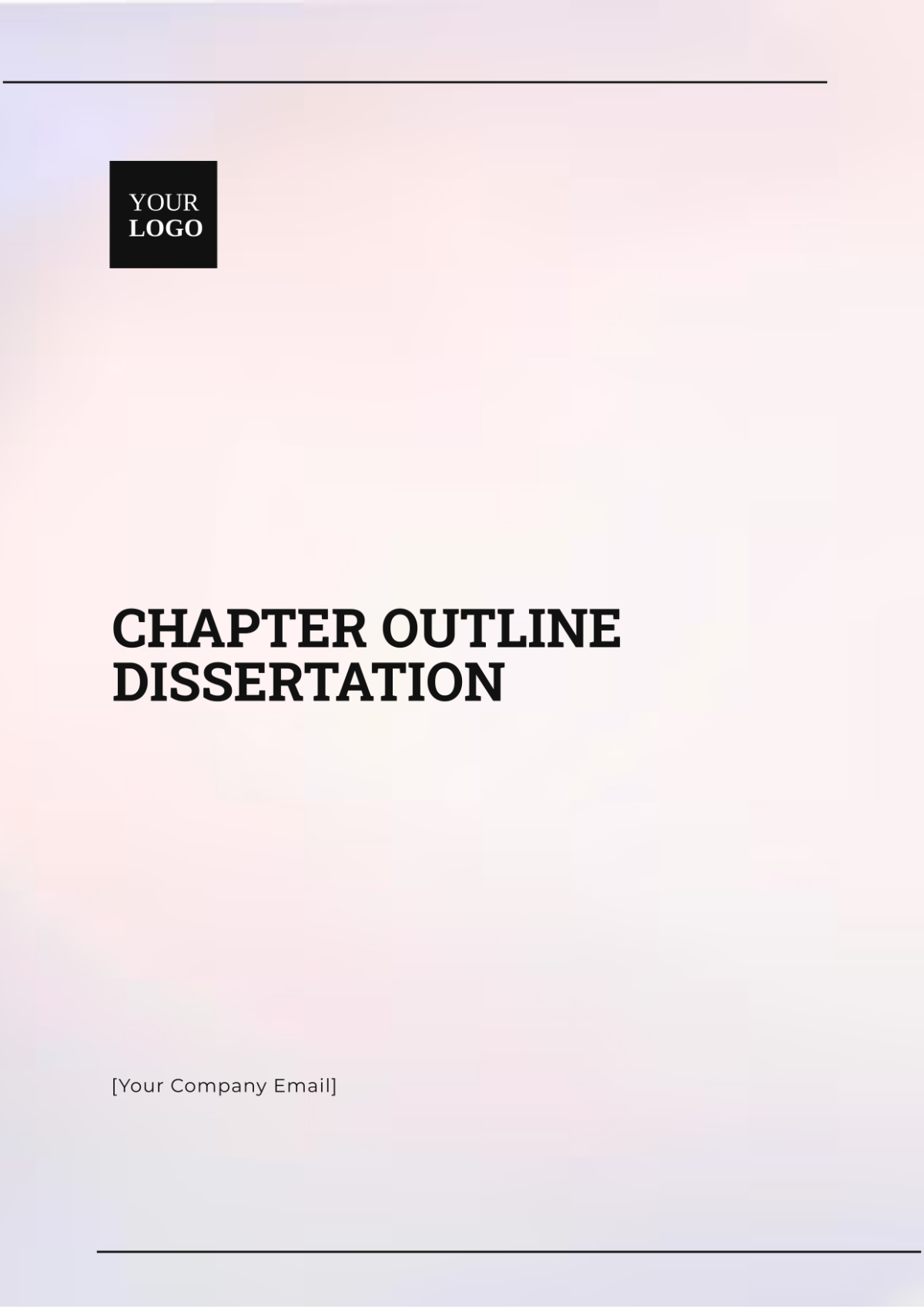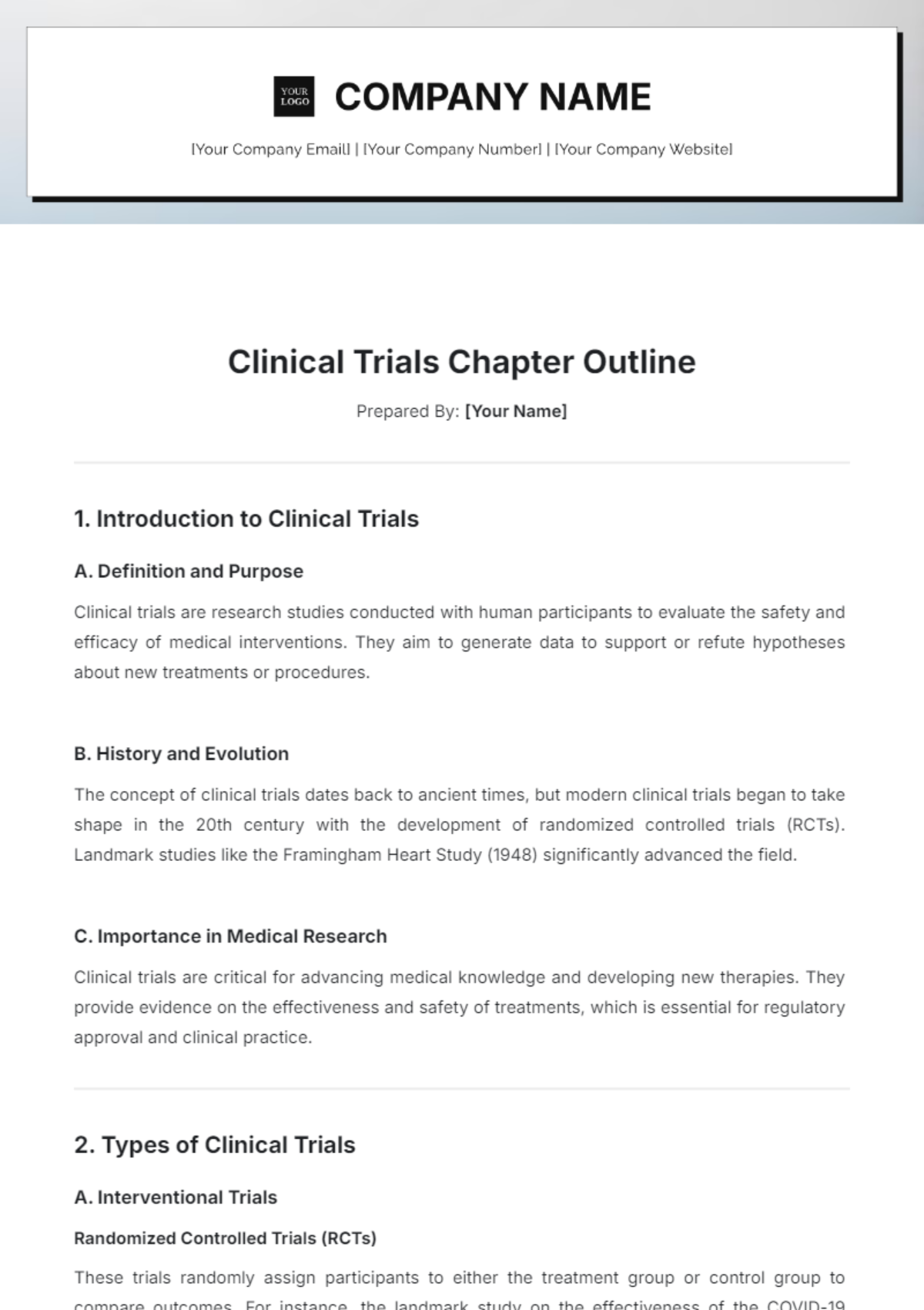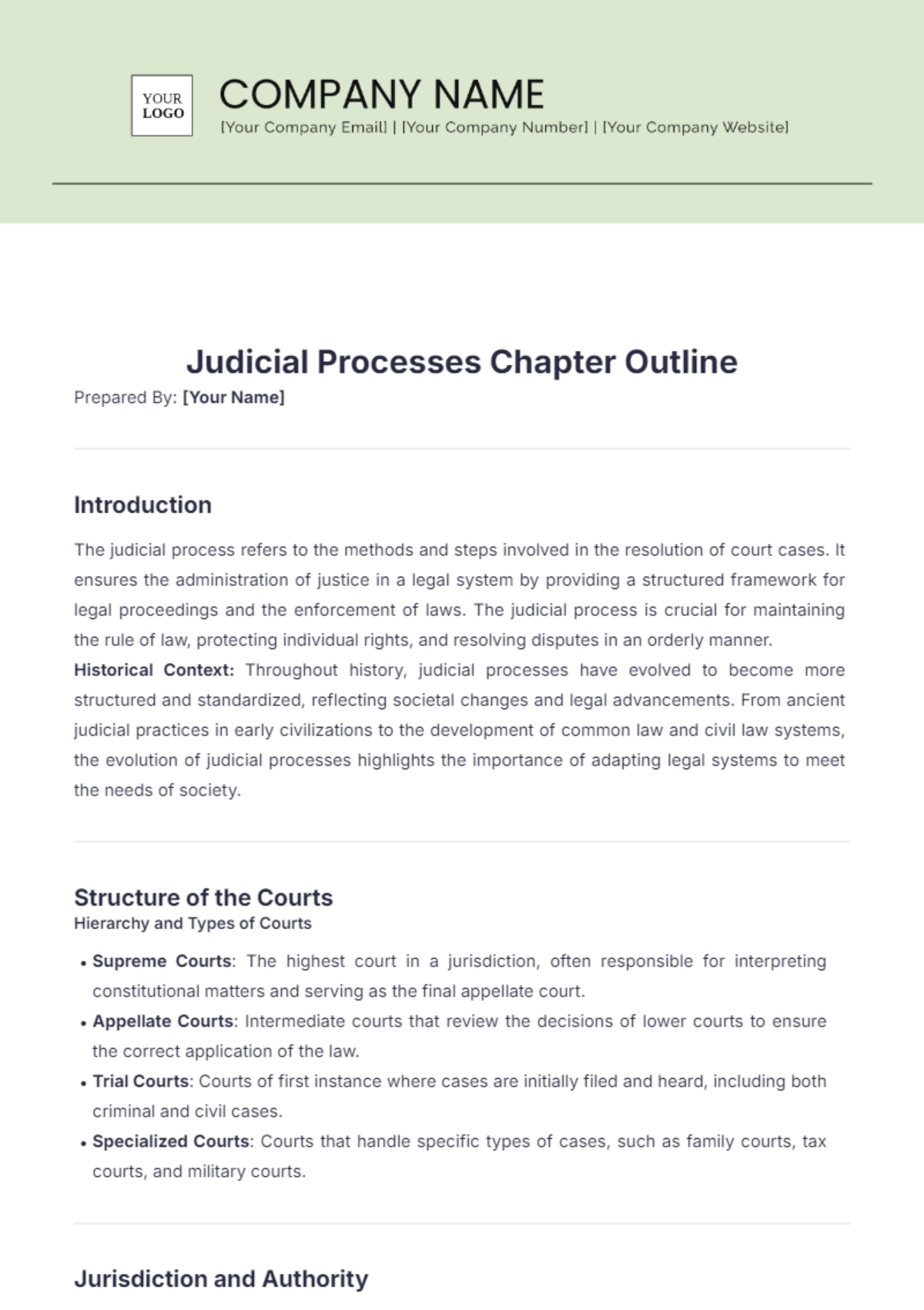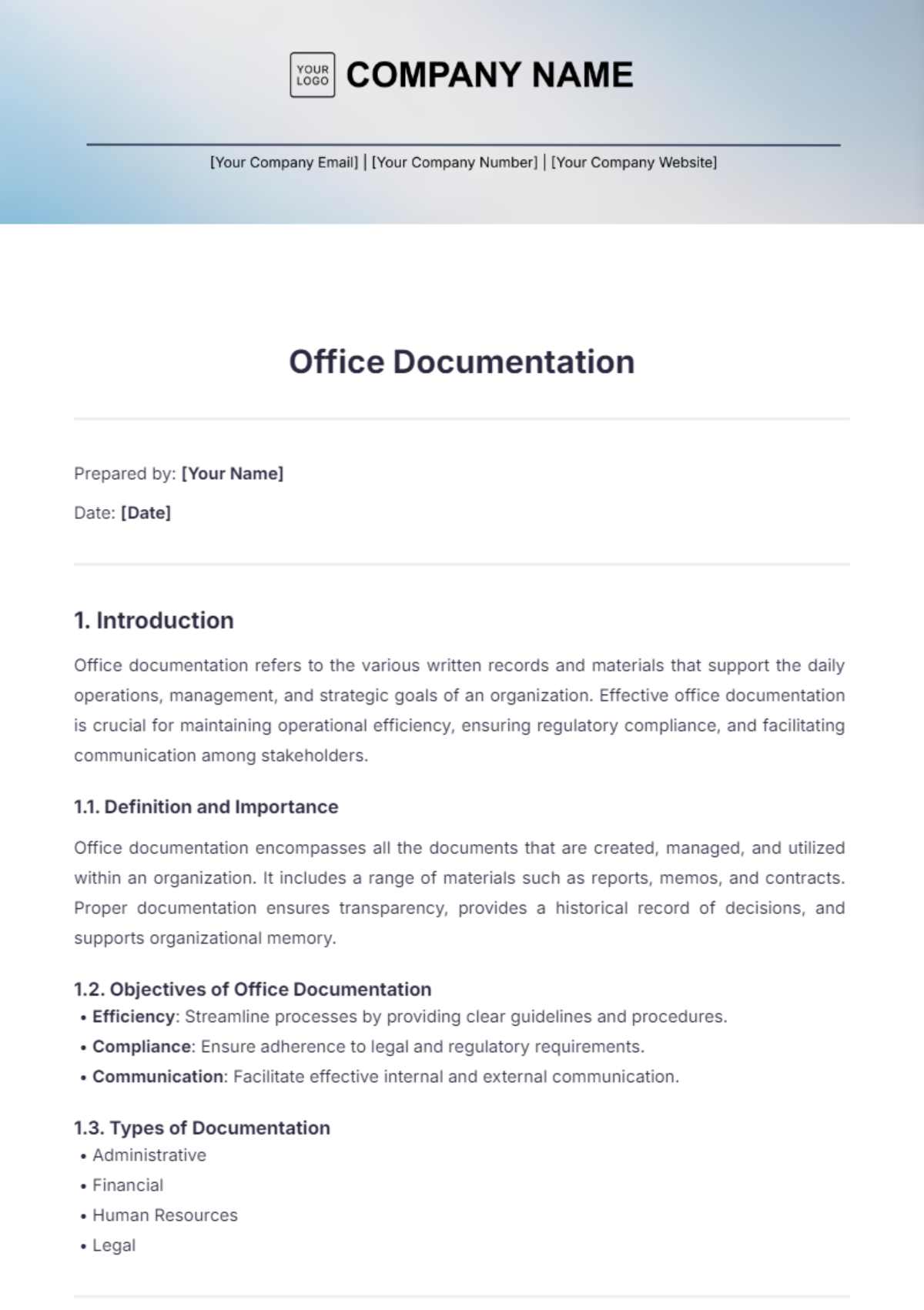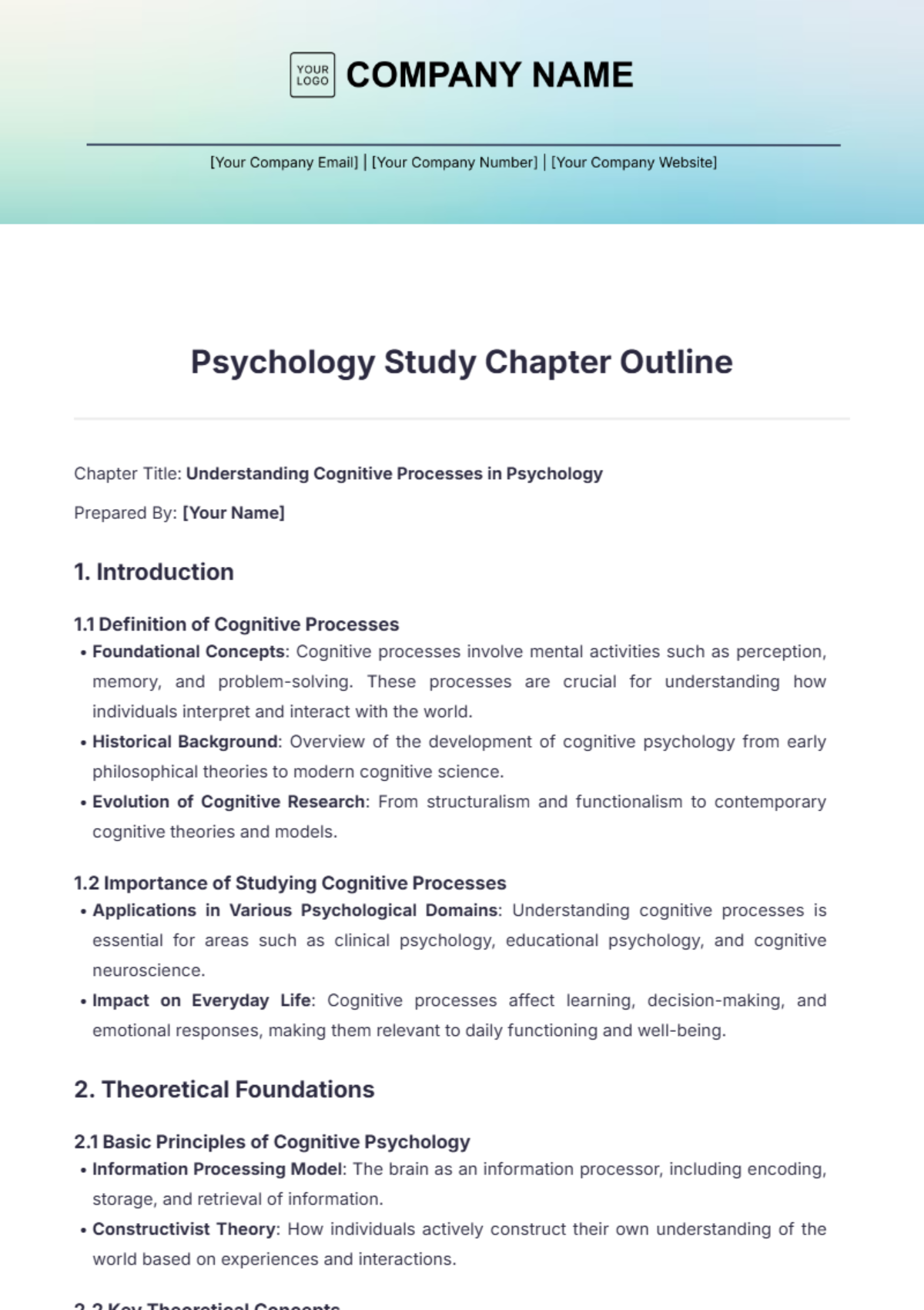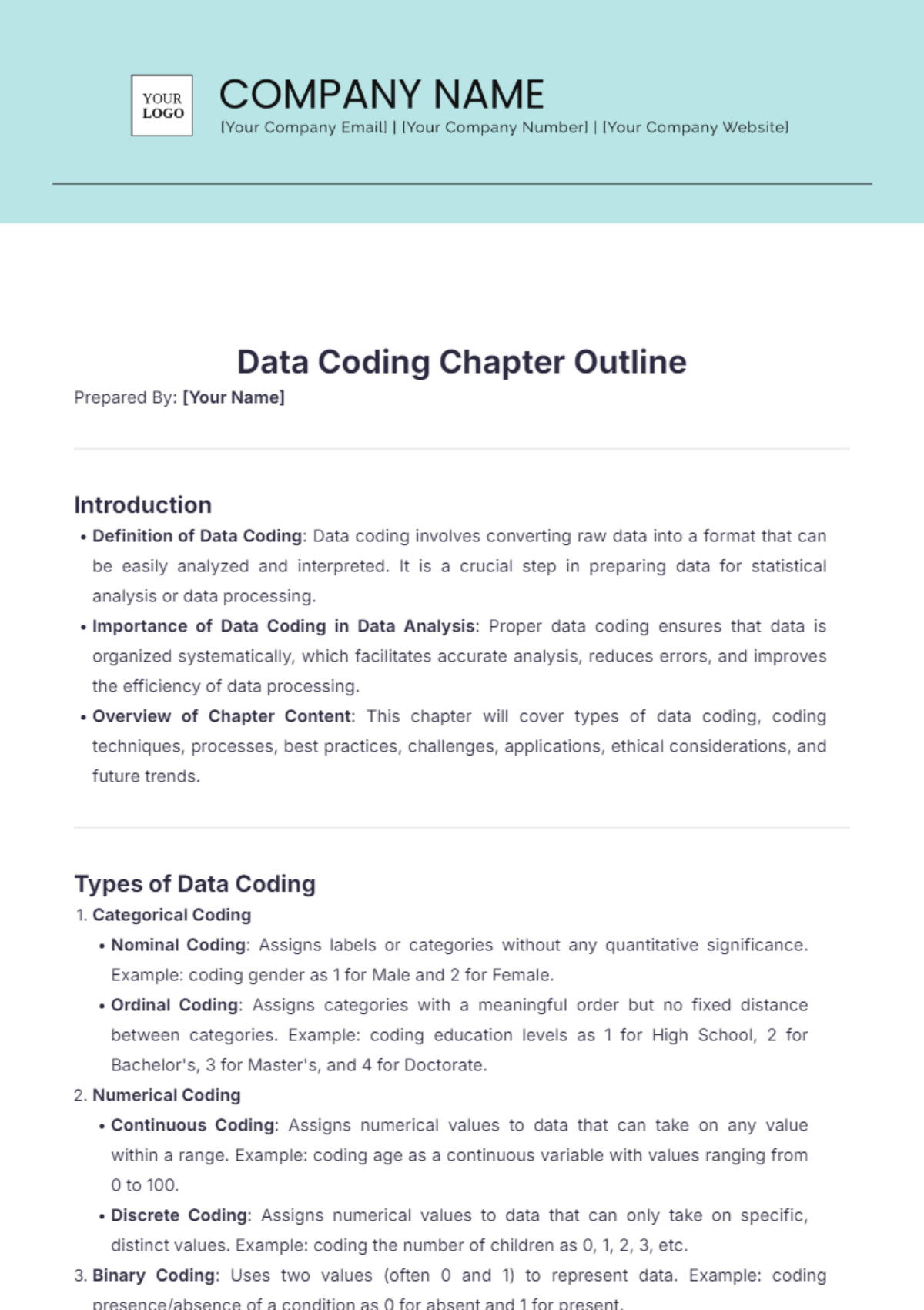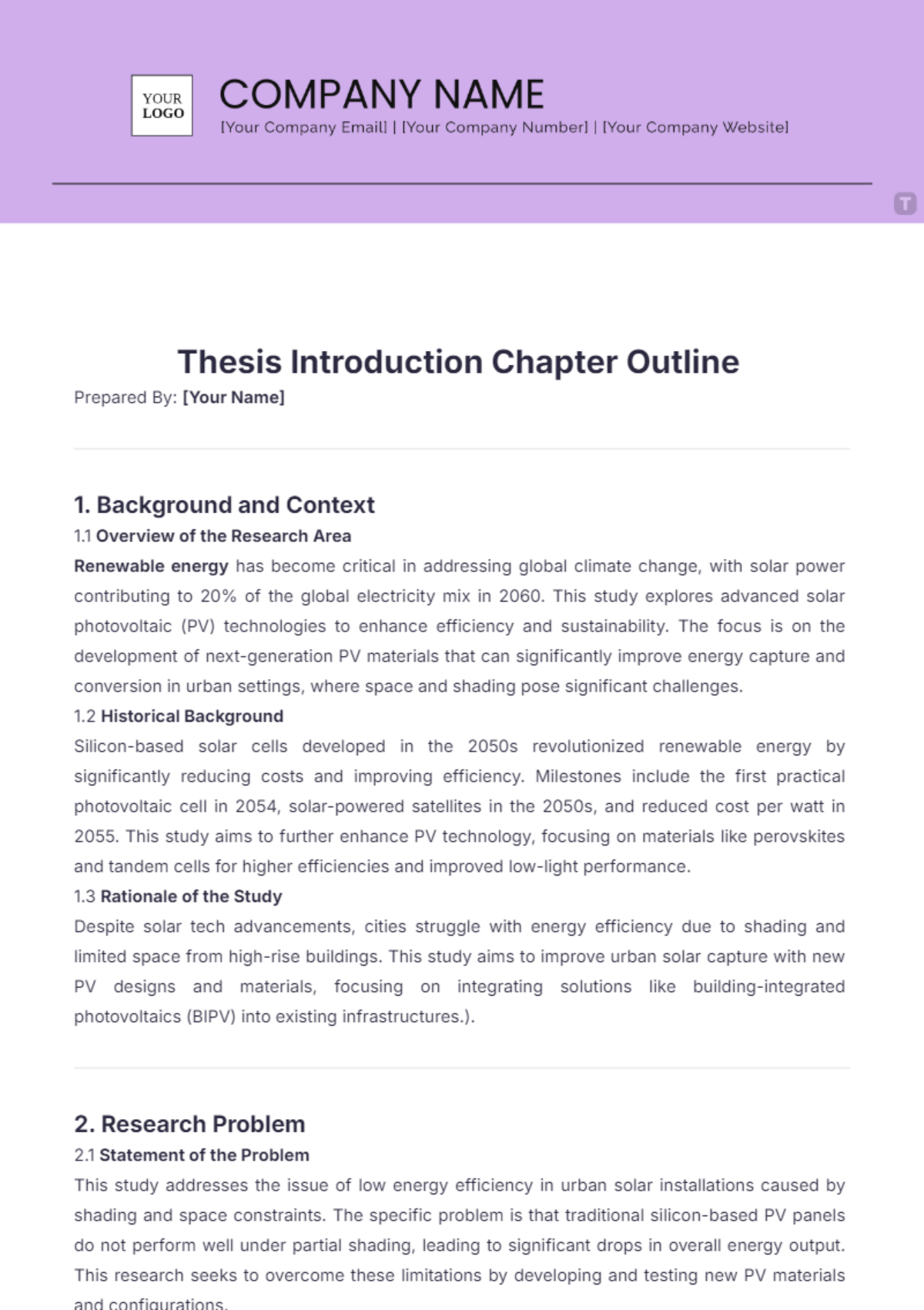Chapter Organization
Author: [YOUR NAME]
Introduction
This chapter introduces the foundational theories of cognitive psychology, focusing on how these theories apply to educational settings. We will explore key concepts and their relevance to teaching and learning, setting the stage for a deeper understanding of cognitive processes.
Section 1: Overview of Key Concepts
In this section, we cover the basic principles of cognitive psychology, including perception, memory, and learning theories. These concepts provide a crucial foundation for exploring more complex ideas.
Perception: The process by which we interpret sensory information.
Memory: How information is encoded, stored, and retrieved.
Learning Theories: Different approaches to understanding how people learn.
Section 2: Detailed Exploration
Here, we examine the cognitive processes involved in learning, including the role of attention and the impact of cognitive load. We also discuss how these processes influence educational practices and strategies.
Attention: The ability to focus on relevant information while ignoring distractions.
Cognitive Load: The amount of mental effort required to process information.
Section 3: Case Studies and Applications
We analyze several case studies demonstrating the application of cognitive psychology principles in real-world educational settings. These examples highlight effective teaching strategies and their outcomes.
Case Study 1: Implementation of memory techniques in a classroom setting.
Case Study 2: Use of cognitive load theory to design educational materials.
Section 4: Summary and Key Takeaways
This section summarizes the main concepts covered, emphasizing the importance of cognitive psychology in education. Key takeaways include the impact of attention on learning and the benefits of applying cognitive load theory.
Section 5: Review Review Questions
Question | Difficulty | Page Number | Answer |
|---|---|---|---|
What are the core principles of cognitive psychology introduced in Section 1? | Easy | 5 | Perception, Memory, Learning Theories |
Explain the role of attention in learning as discussed in Section 2. | Medium | 10 | It helps focus on relevant information and filter out distractions. |
How does cognitive load theory influence educational material design? | Hard | 15 | It guides the creation of materials that manage the amount of mental effort required. |
Summarize the findings of Case Study 1. | Easy | 20 | Memory techniques significantly improved student retention. |
What are the main takeaways from this chapter? | Medium | 25 | Cognitive processes like attention and memory are crucial for effective learning. |
Describe the cognitive processes discussed in Section 2. | Hard | 30 | Attention and cognitive load influence how information is processed and learned. |
How do the review questions aid in understanding the chapter’s content? | Medium | 35 | They reinforce key concepts and test comprehension. |
Compare the case studies in Section 3. | Hard | 40 | Both case studies show practical applications of cognitive theories but in different contexts. |
What strategies are recommended for mastering cognitive psychology concepts? | Medium | 45 | Use active learning techniques and apply theories to real-life scenarios. |
Section 6: Additional Resources
For further reading and exploration, consider the following resources:
Book: "Cognitive Psychology: A Comprehensive Introduction" by Dr. Robert Jones
Website: Educational Psychology Resources at educationalpsychology.com
Journal: "Journal of Cognitive Psychology" for recent studies and articles.
Section 7: References
Jones, R. (2050). Cognitive Psychology: A Comprehensive Introduction. Academic Press.
Smith, L. (2051). "Understanding Attention in Learning Environments," Journal of Cognitive Psychology.
Educational Psychology Resources. Retrieved from educationalpsychology.com.
Company Information:
[YOUR COMPANY NAME]
[YOUR COMPANY ADDRESS]
Phone: [YOUR COMPANY NUMBER]
Website: [YOUR COMPANY WEBSITE]
Social Media: [YOUR COMPANY SOCIAL MEDIA]
Date: August 22, 2050
